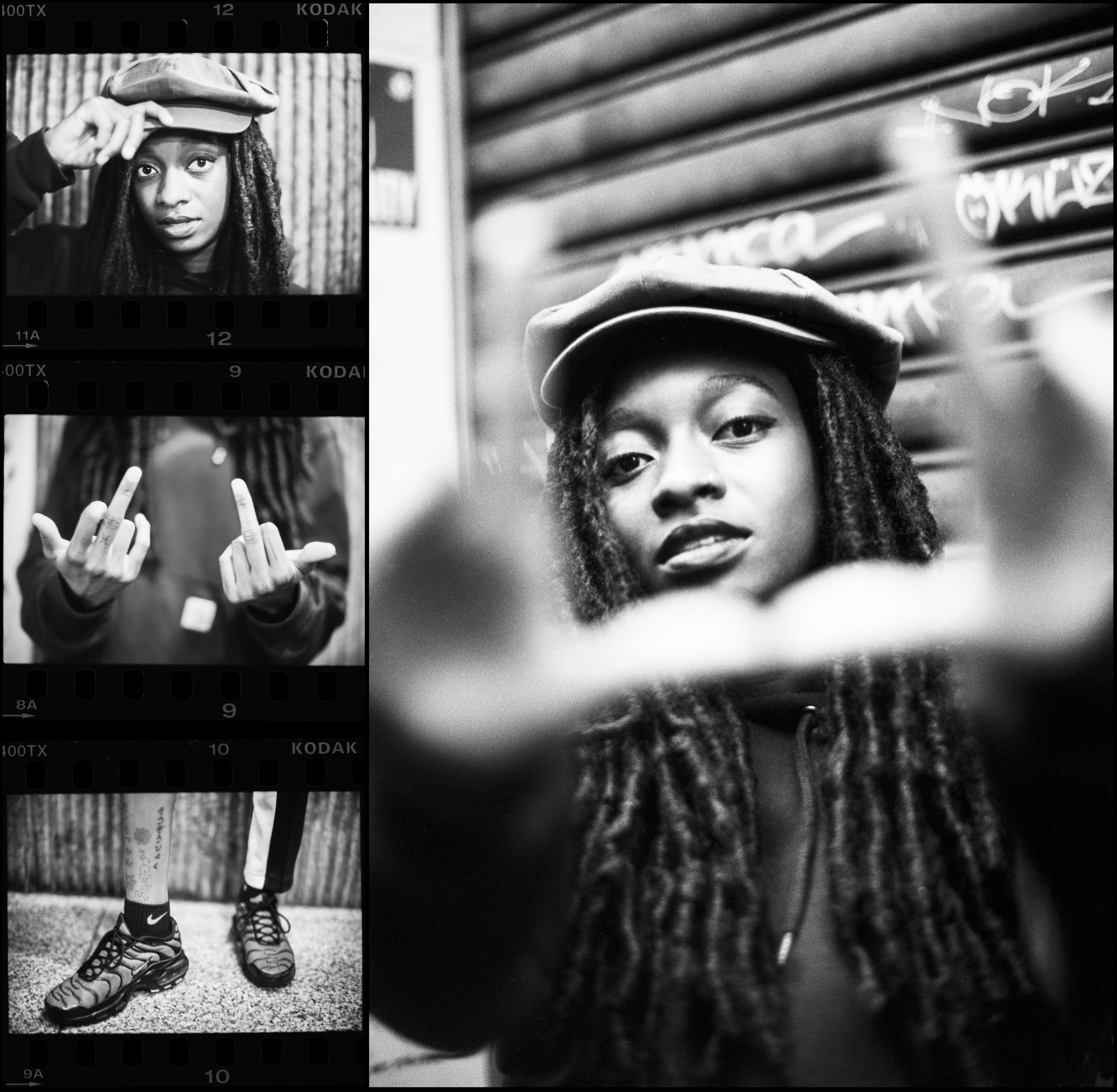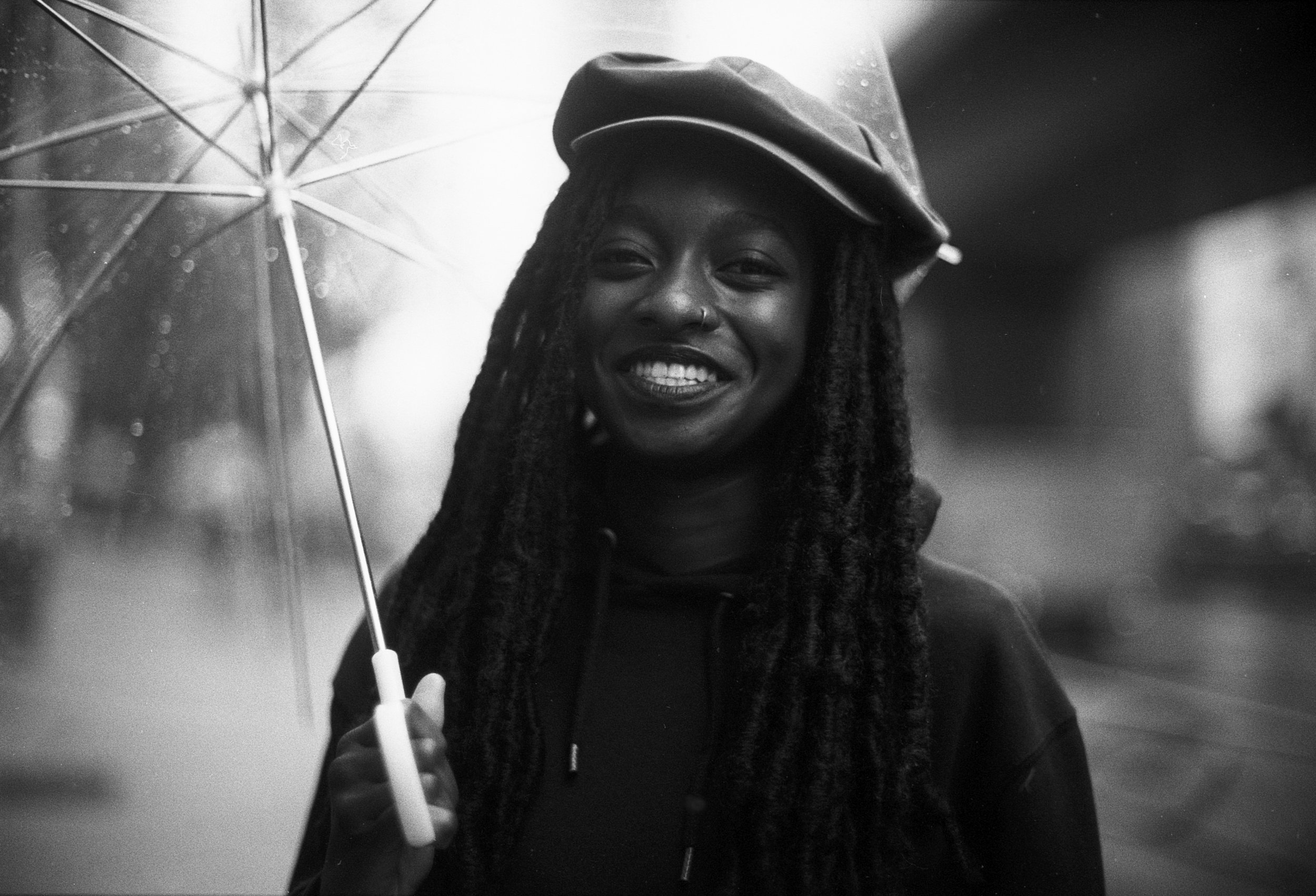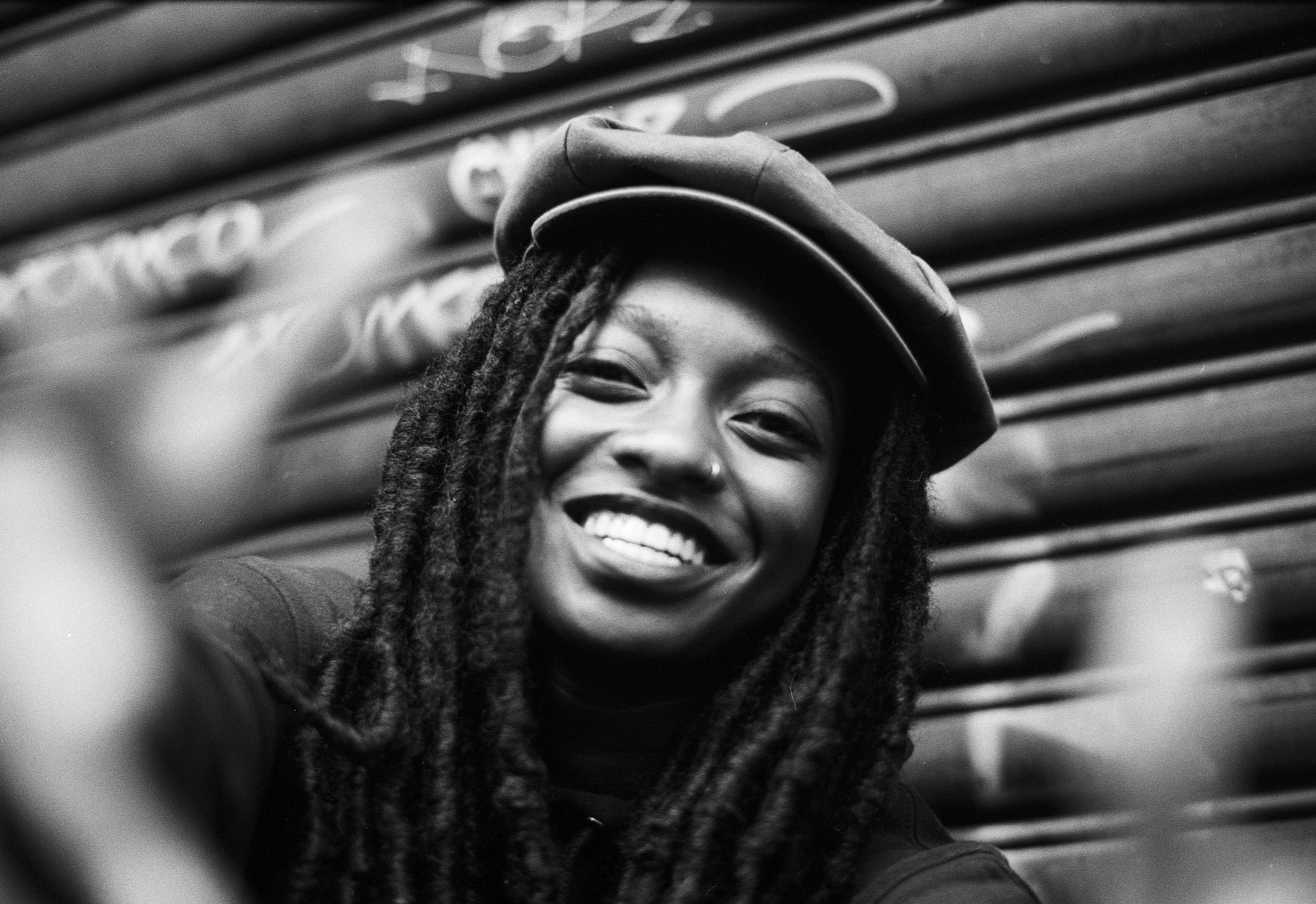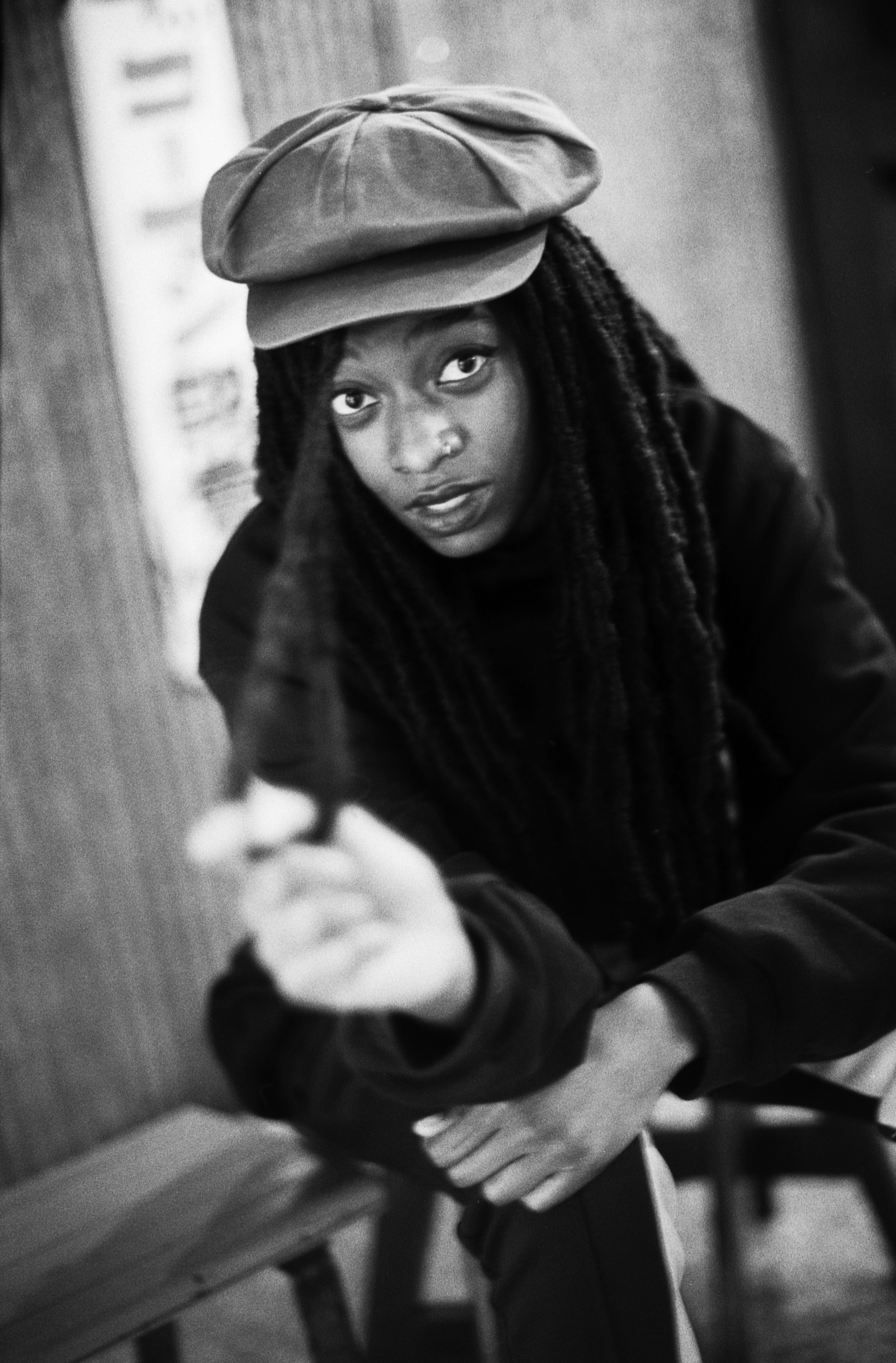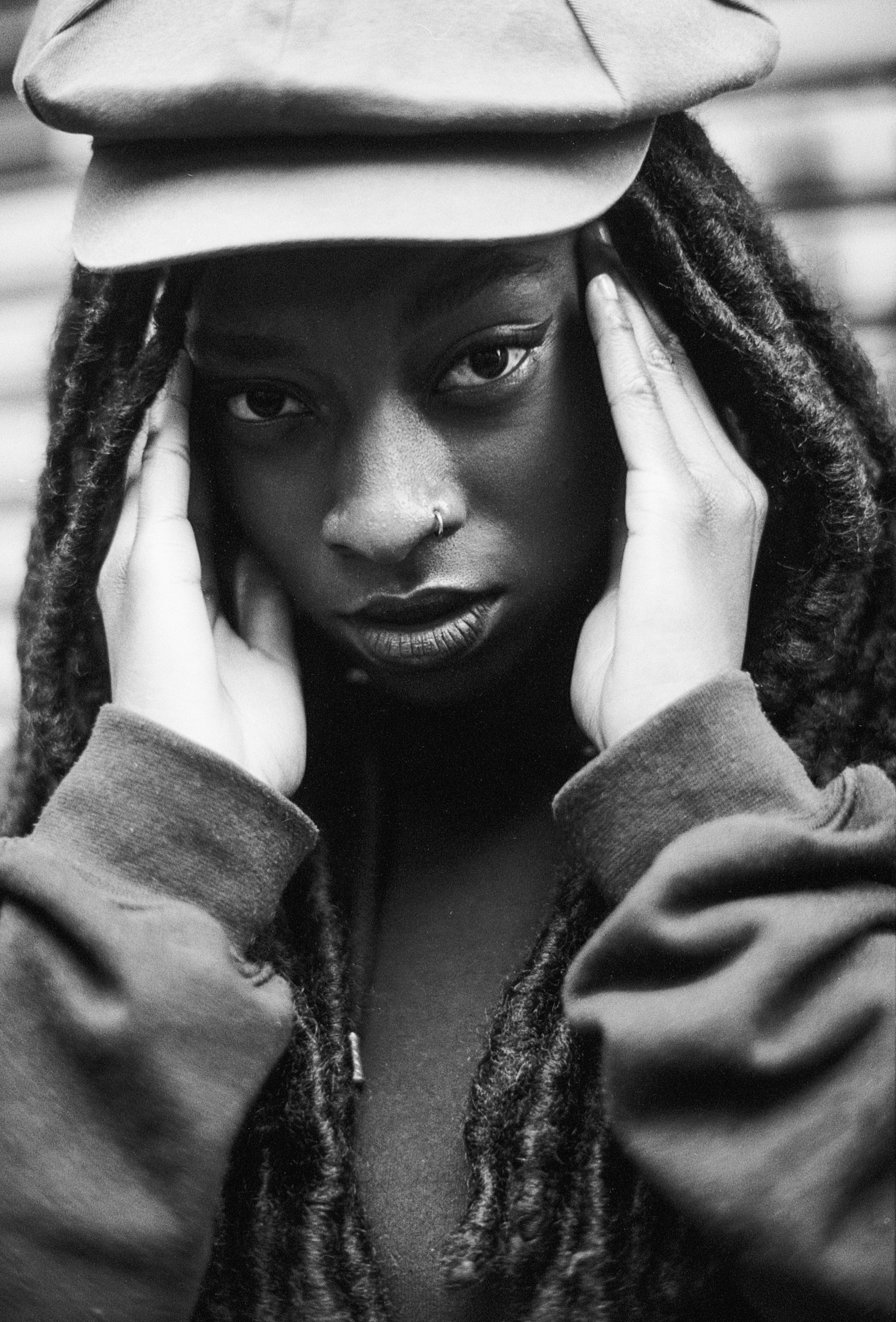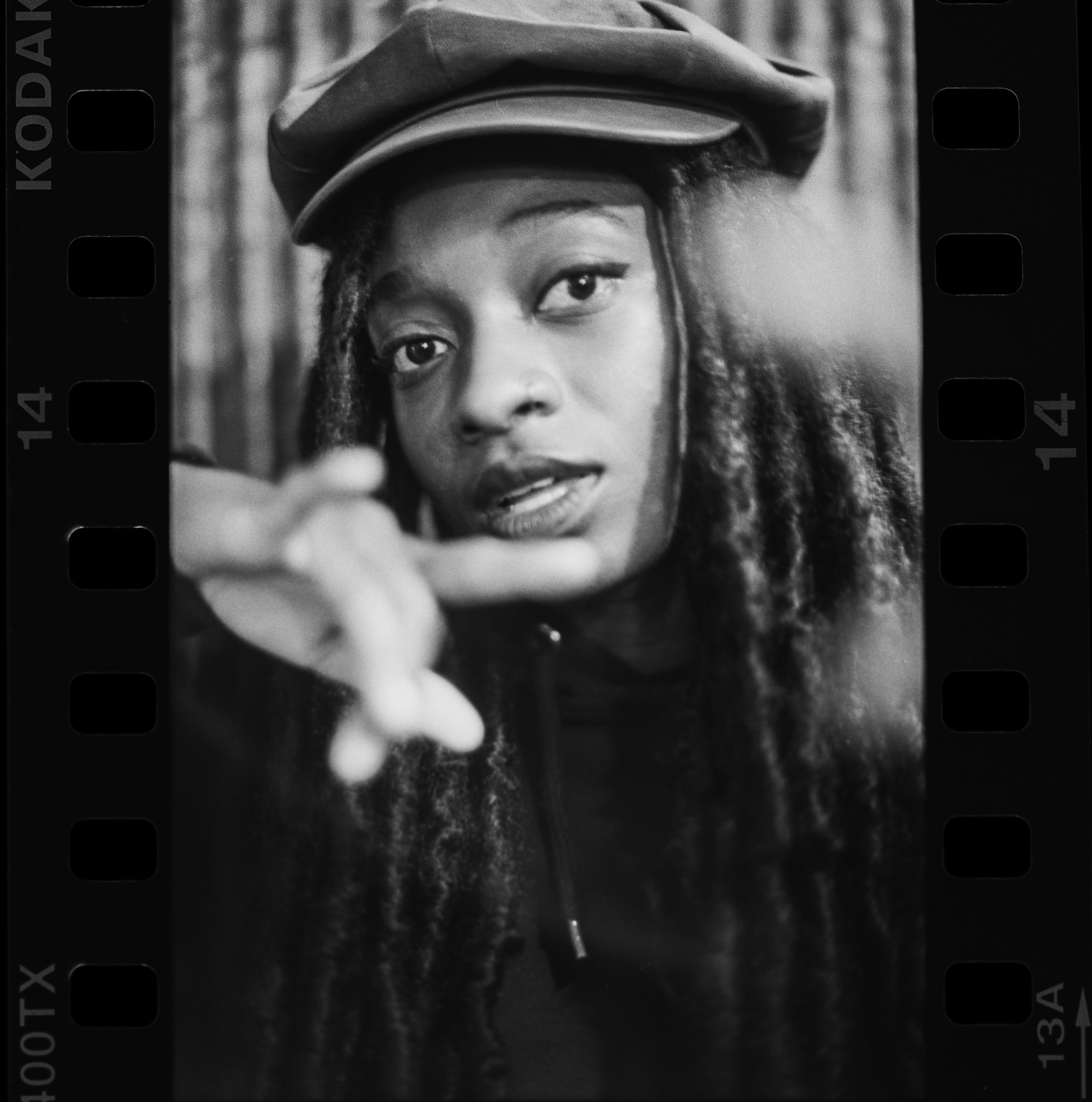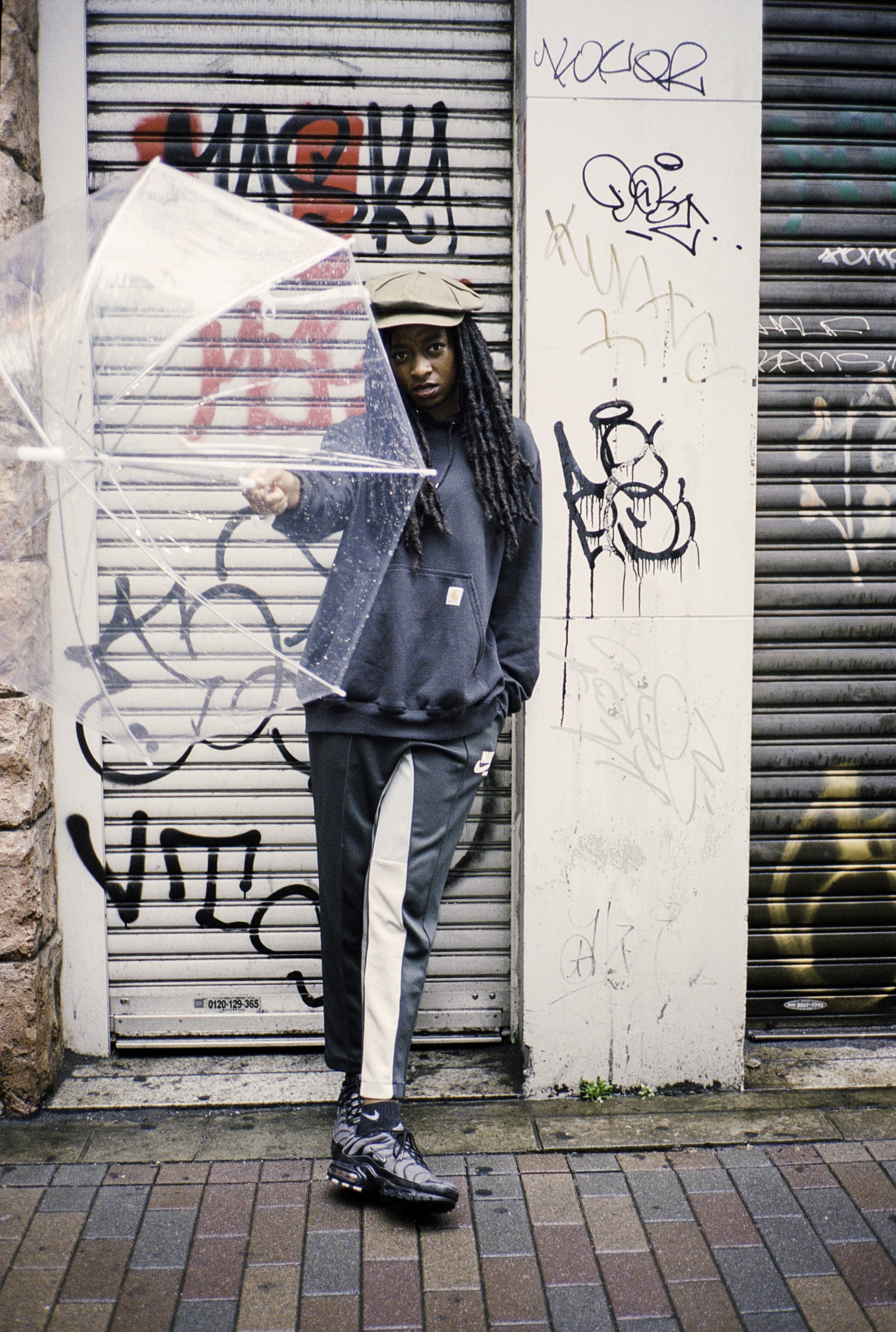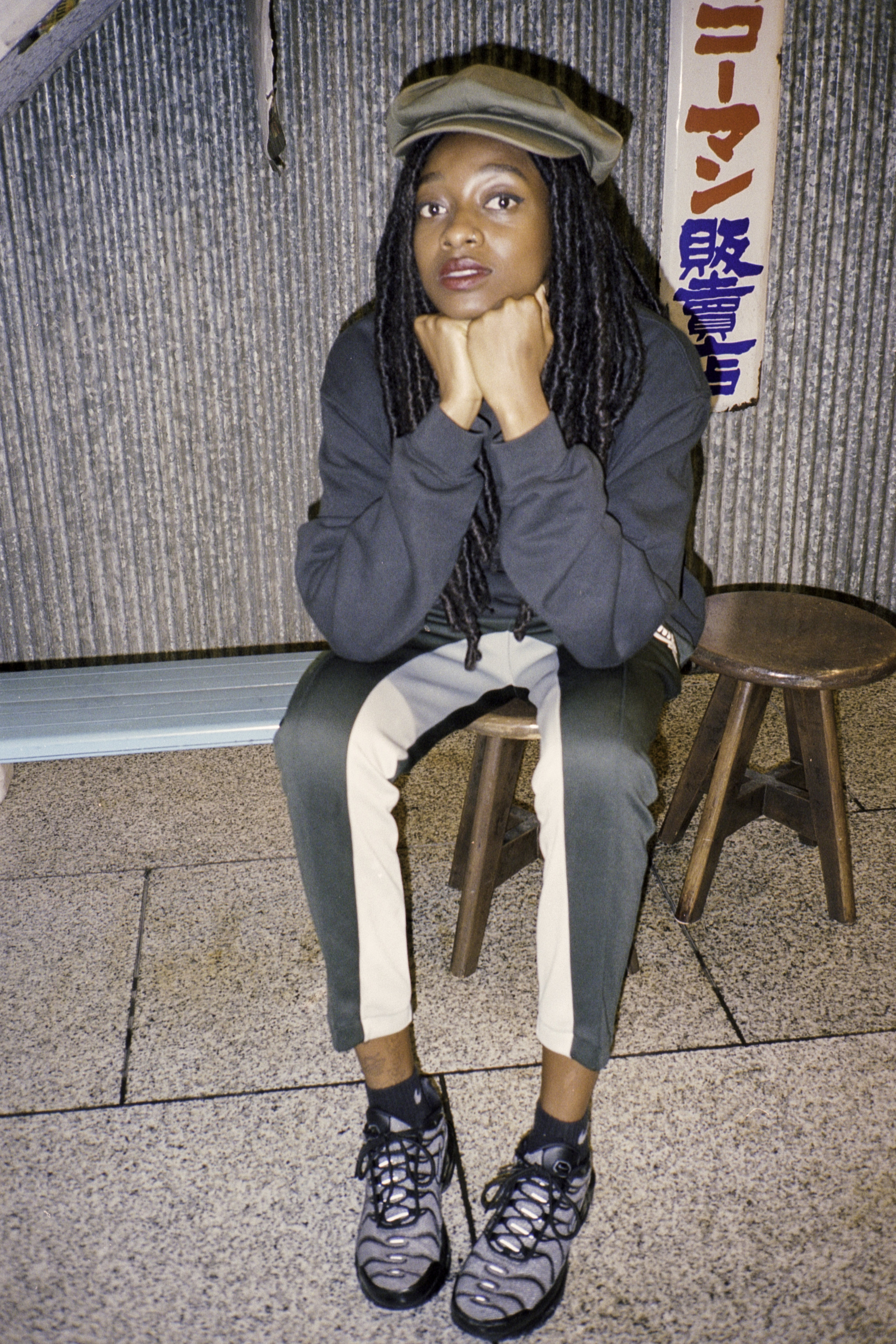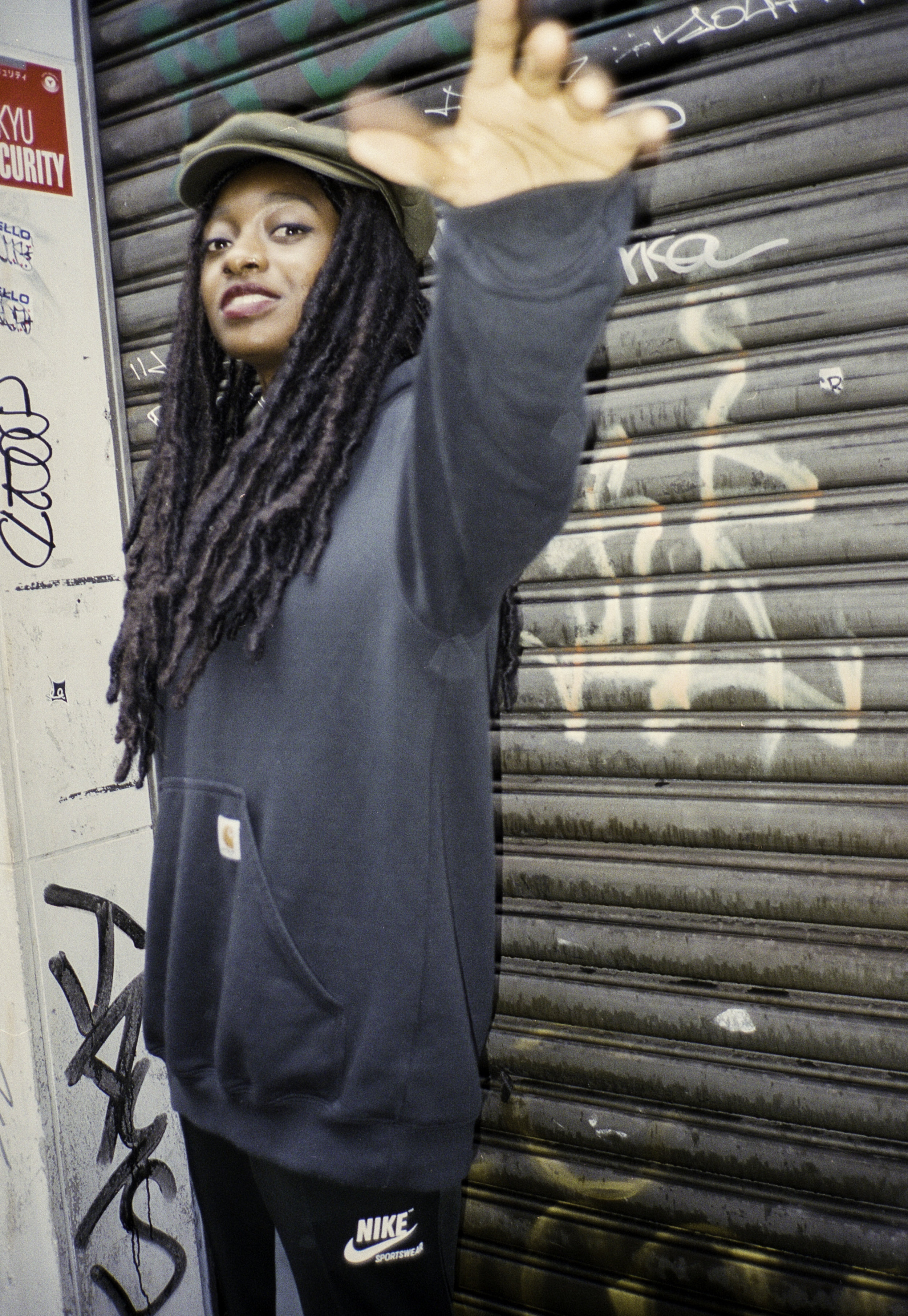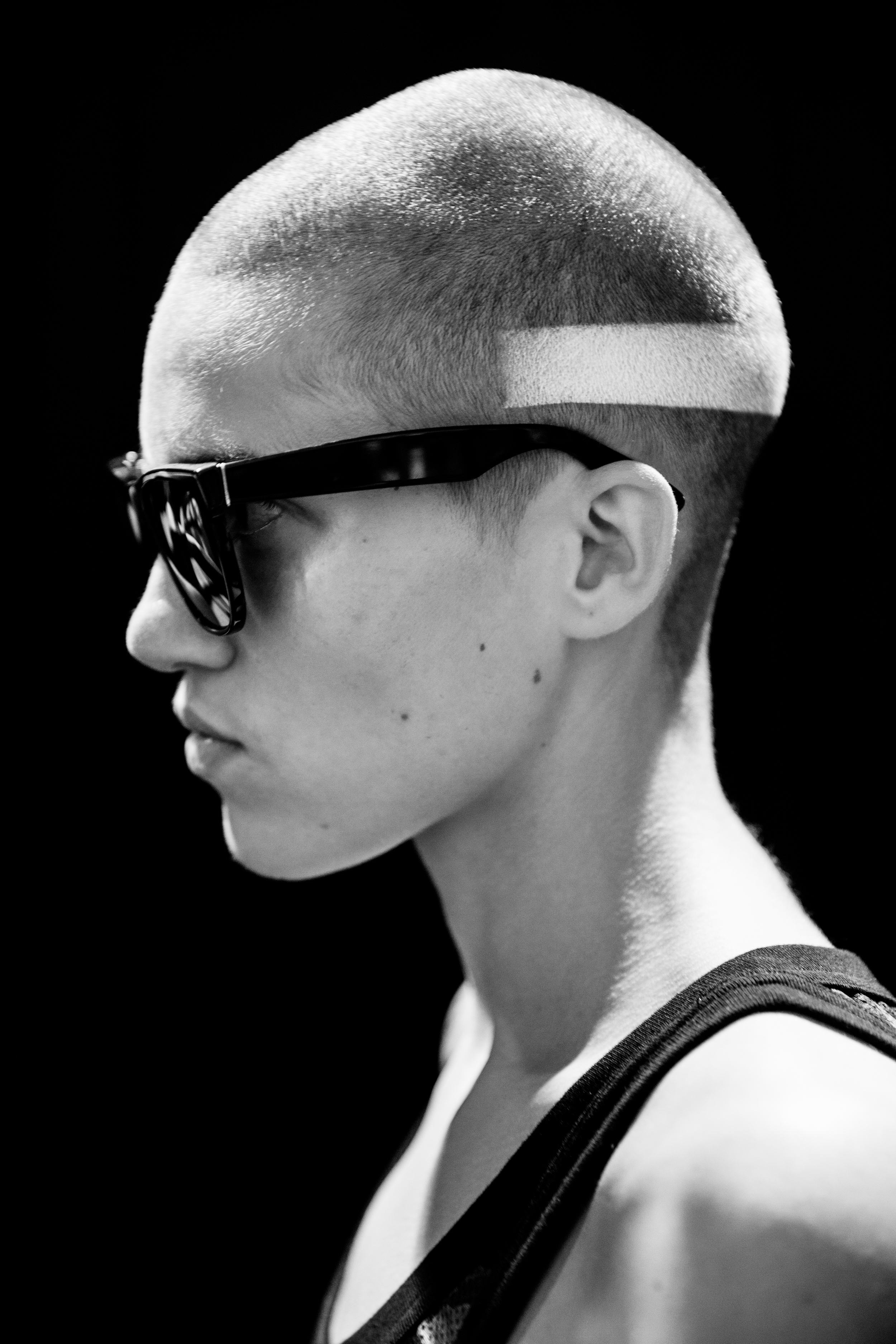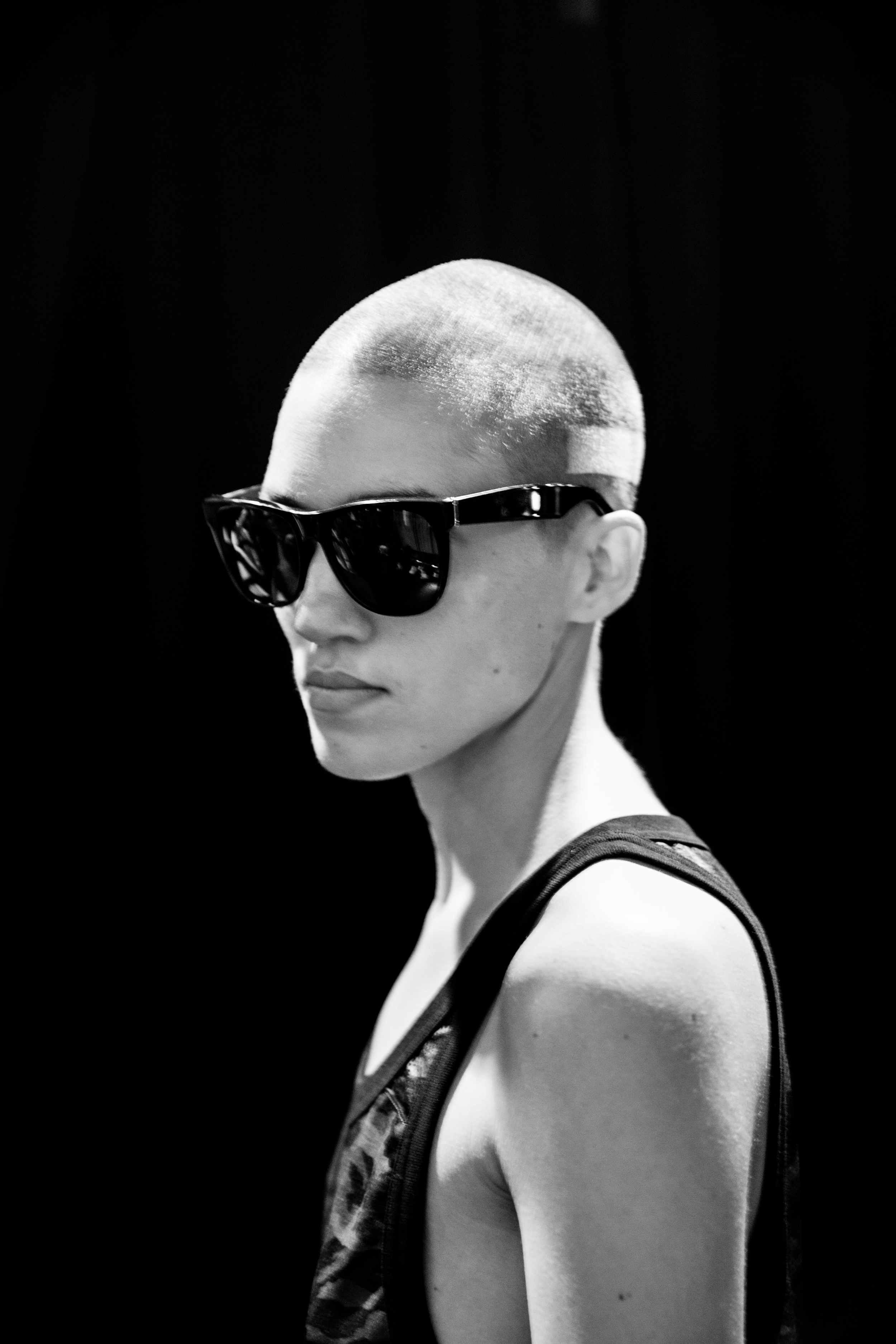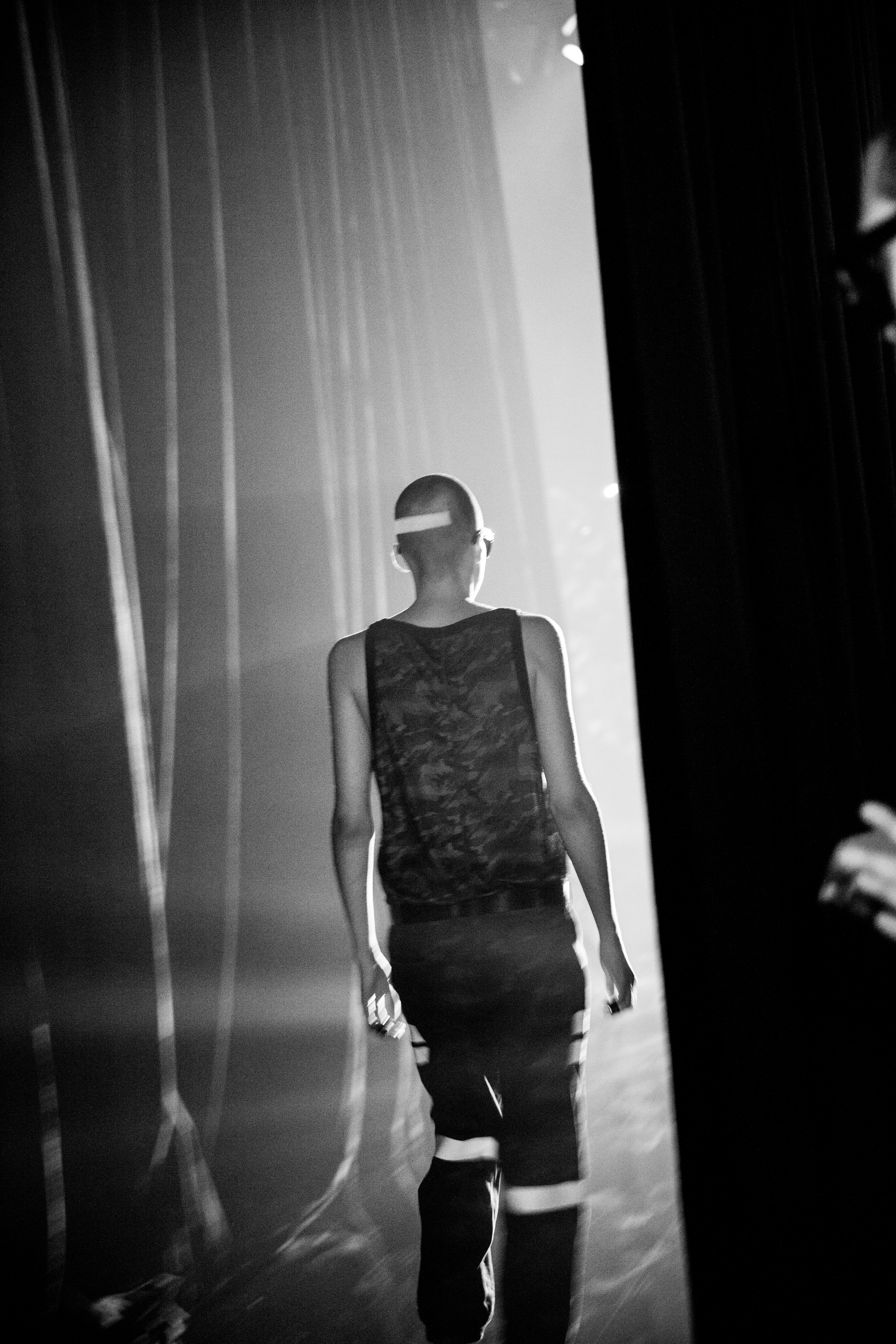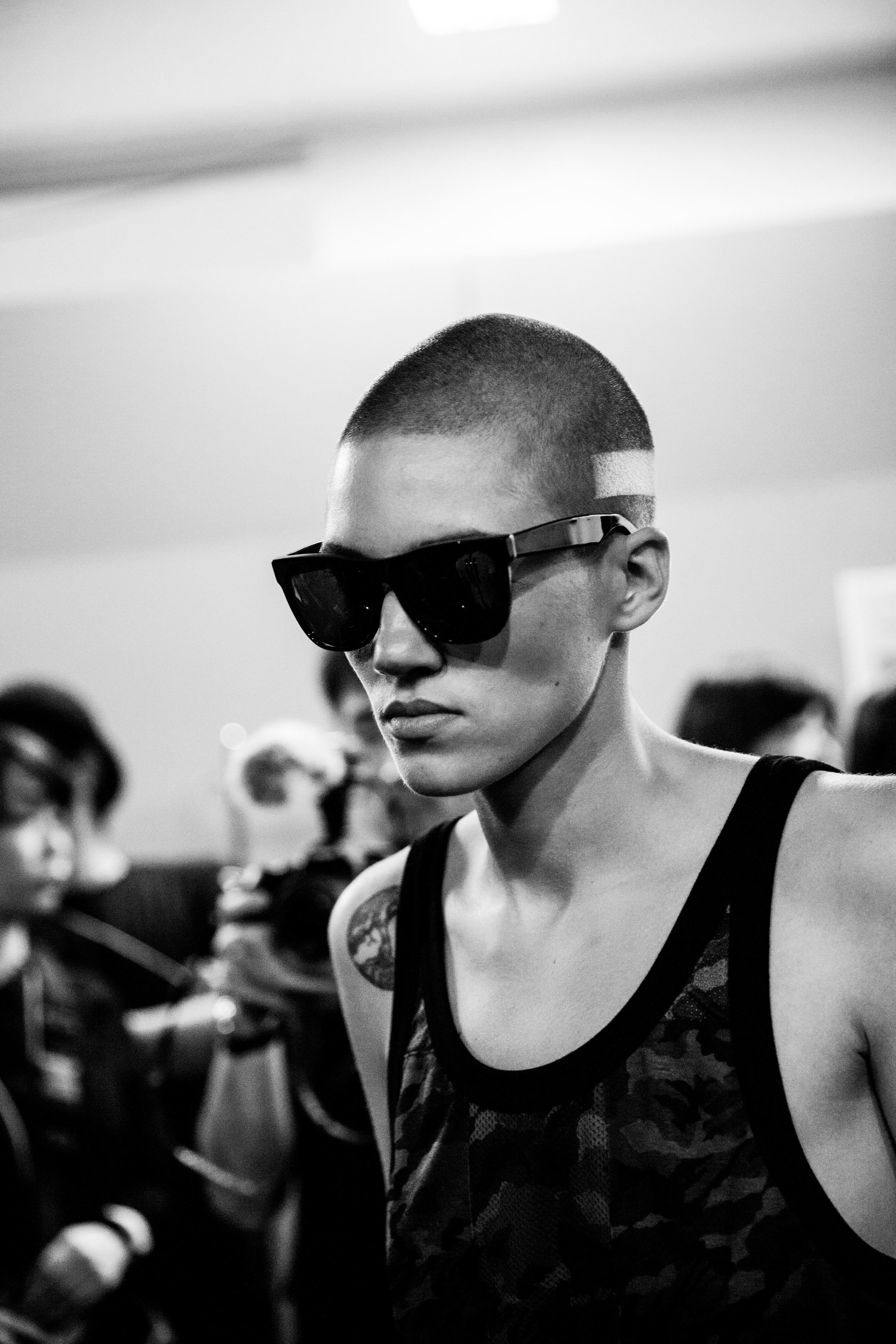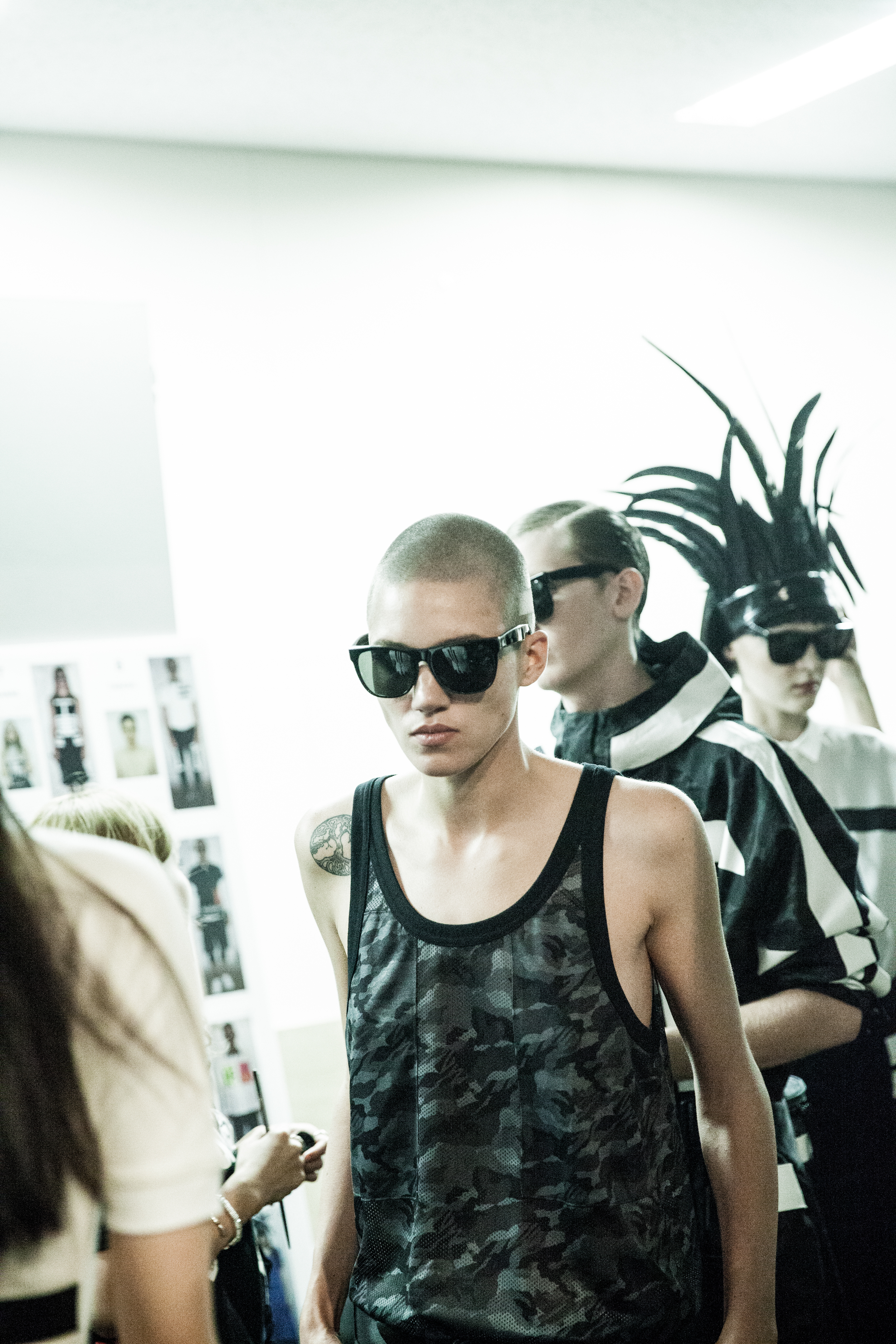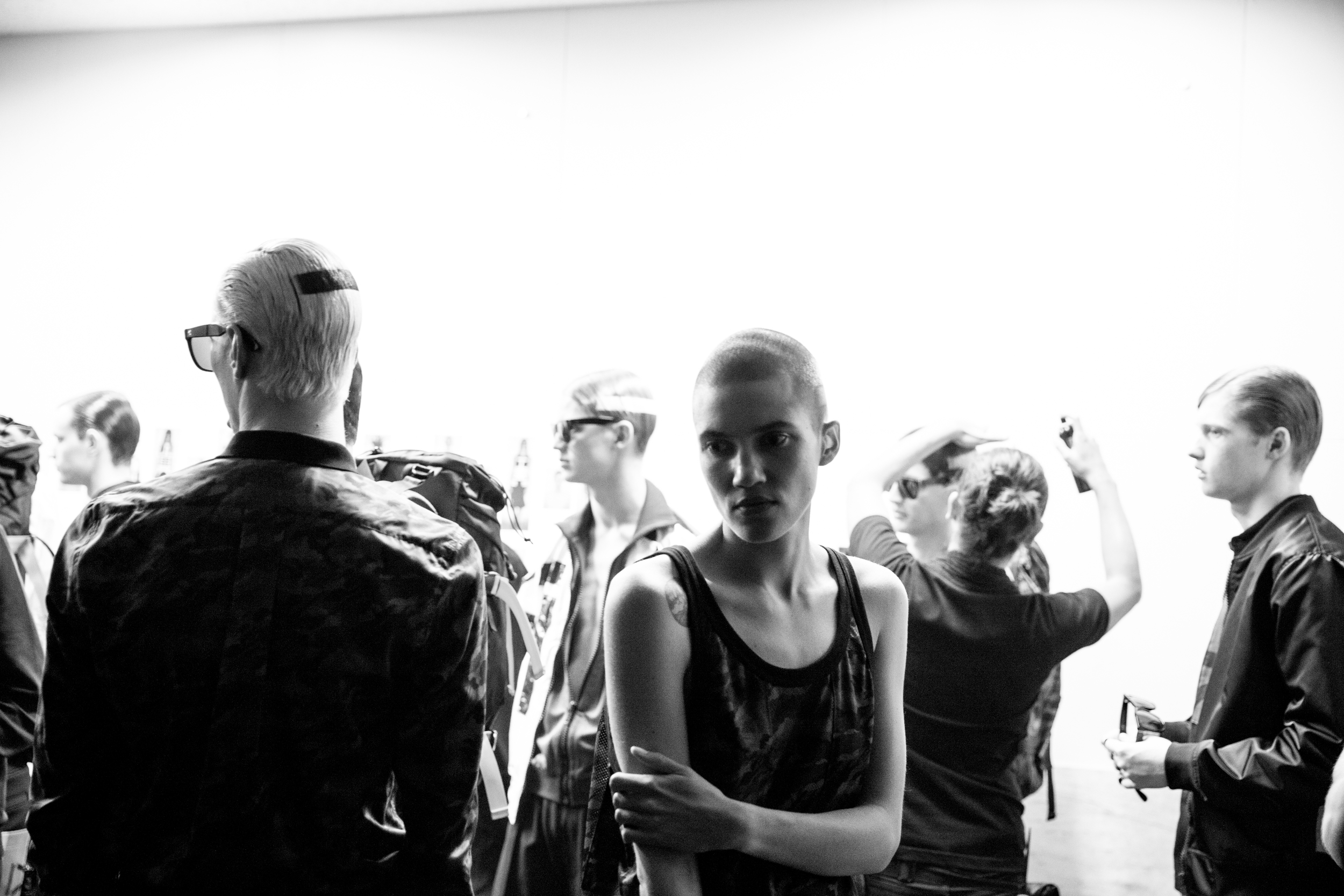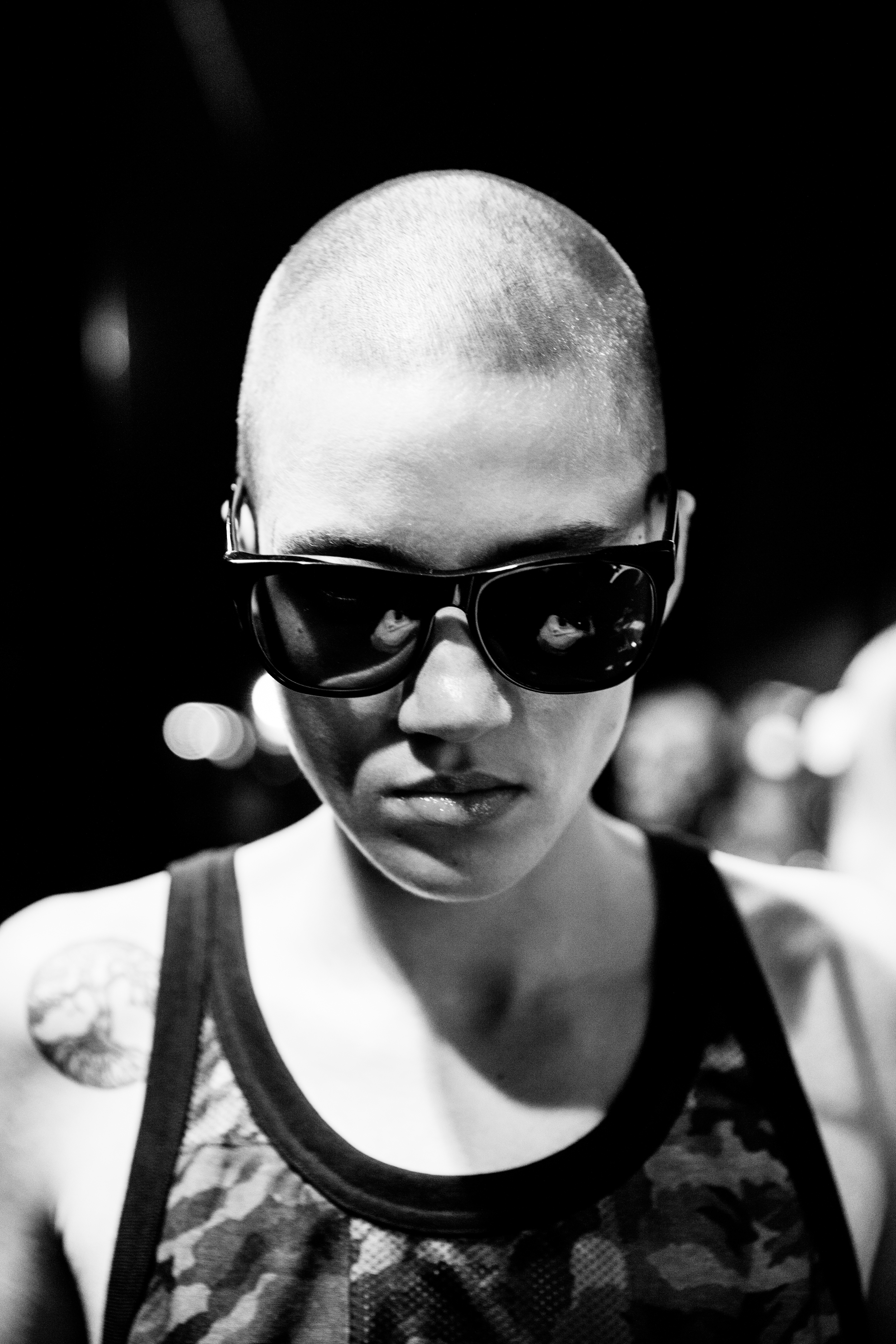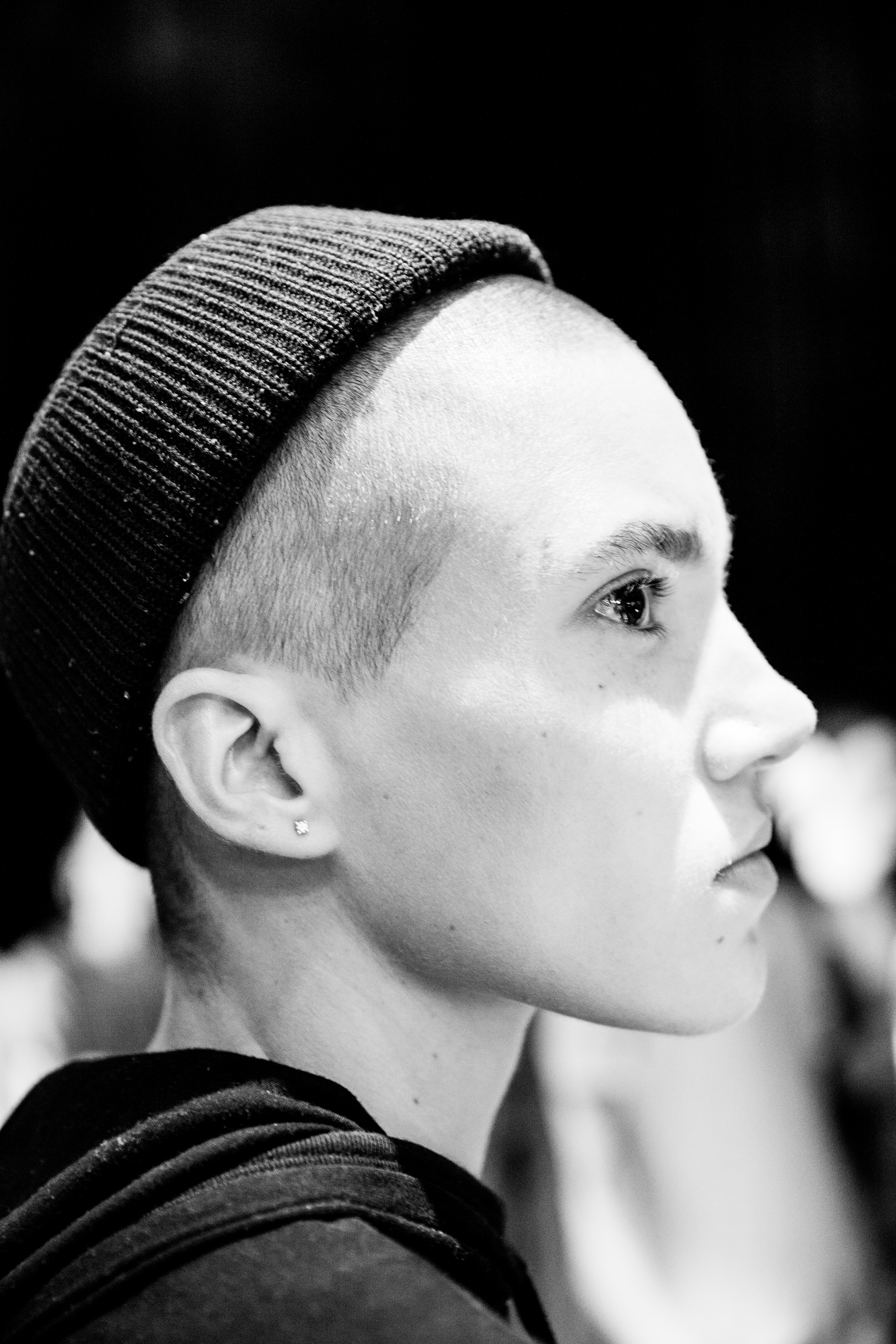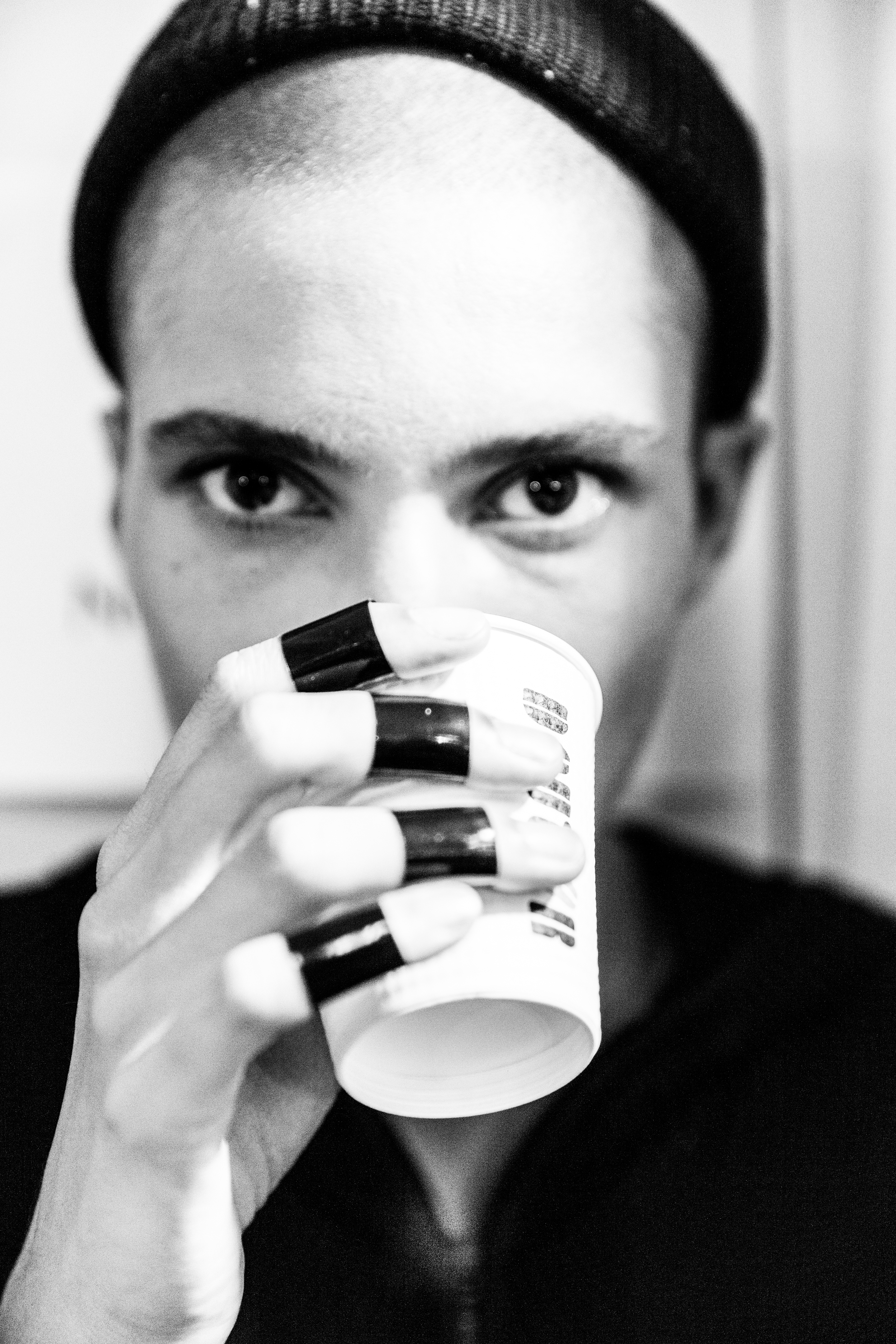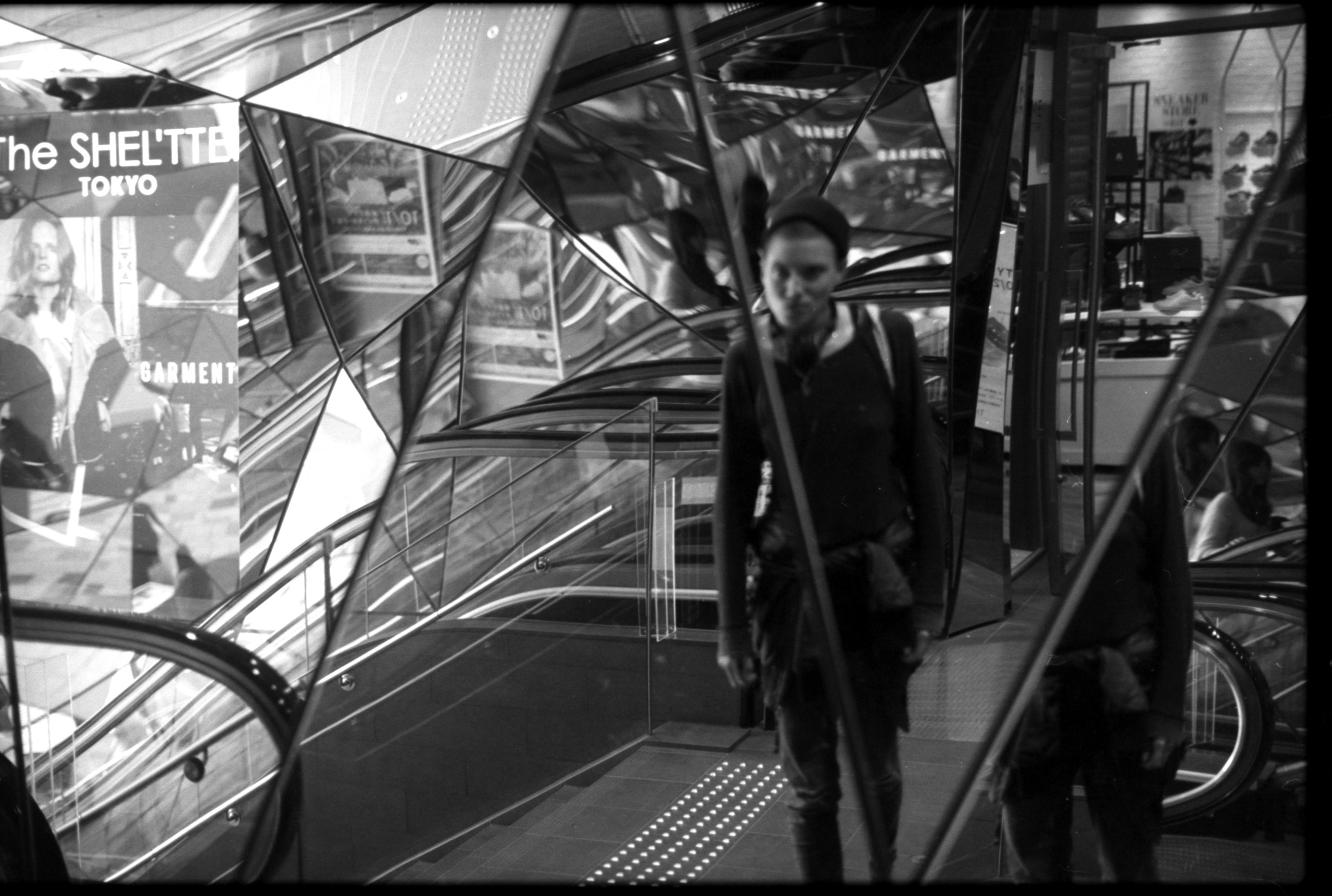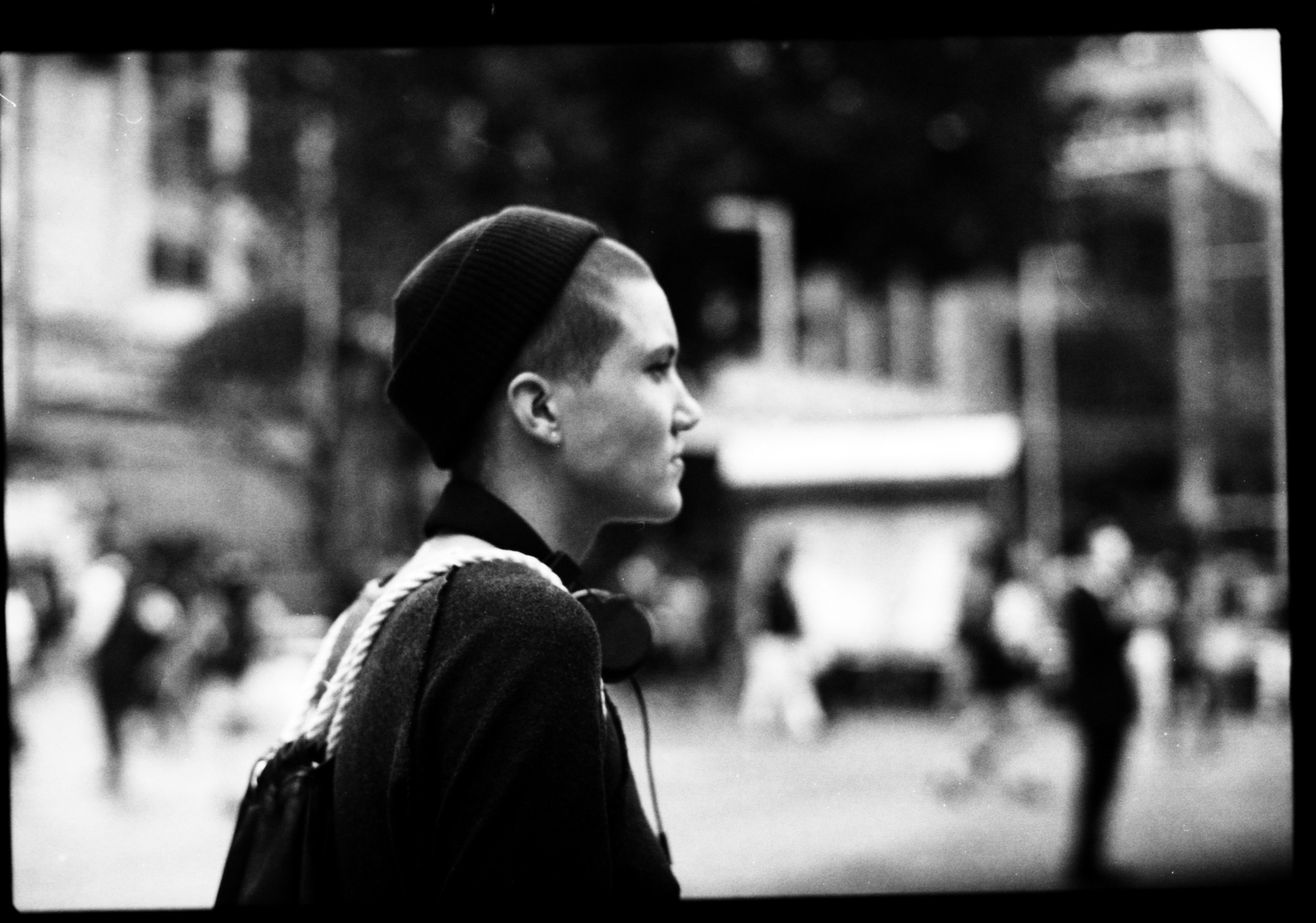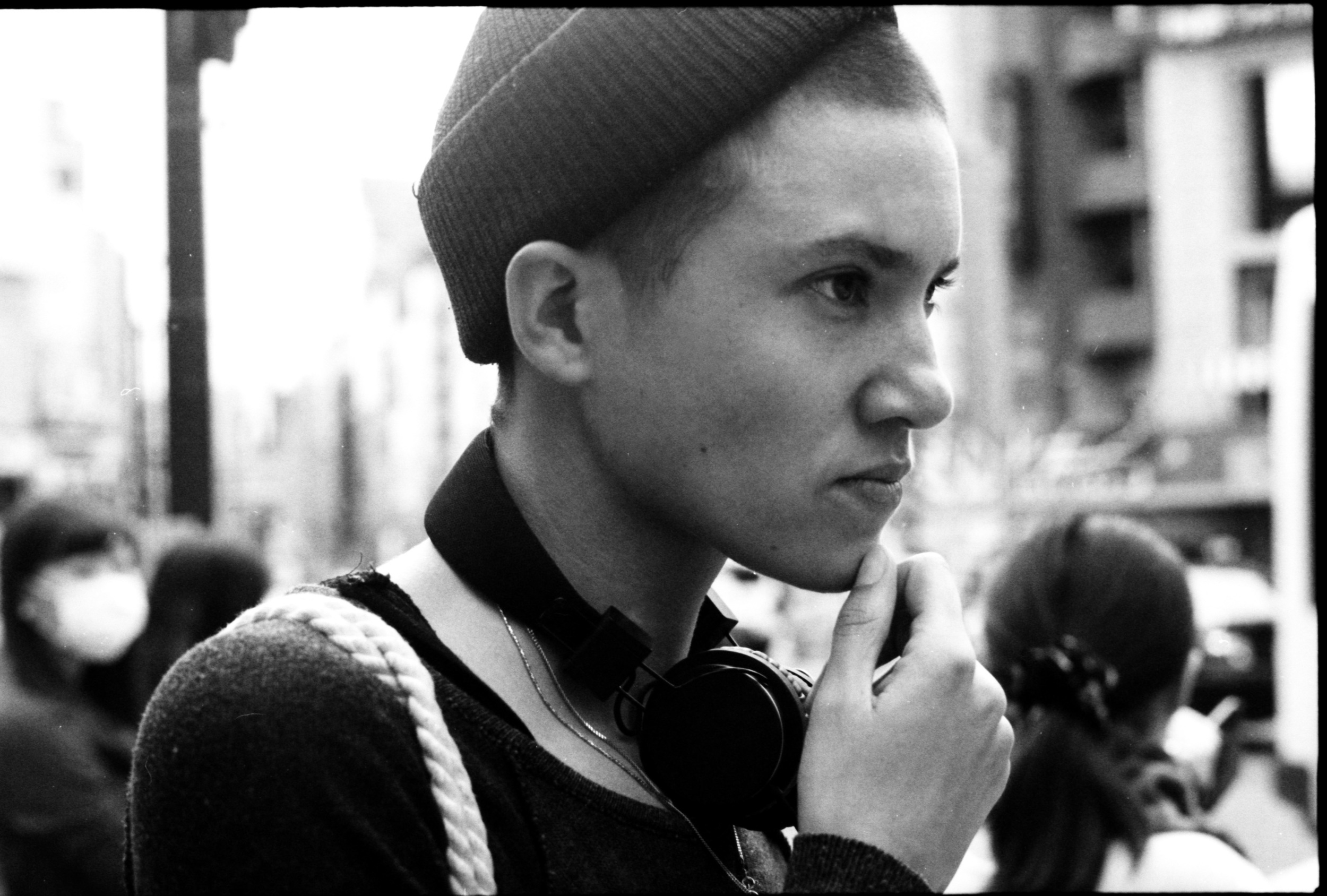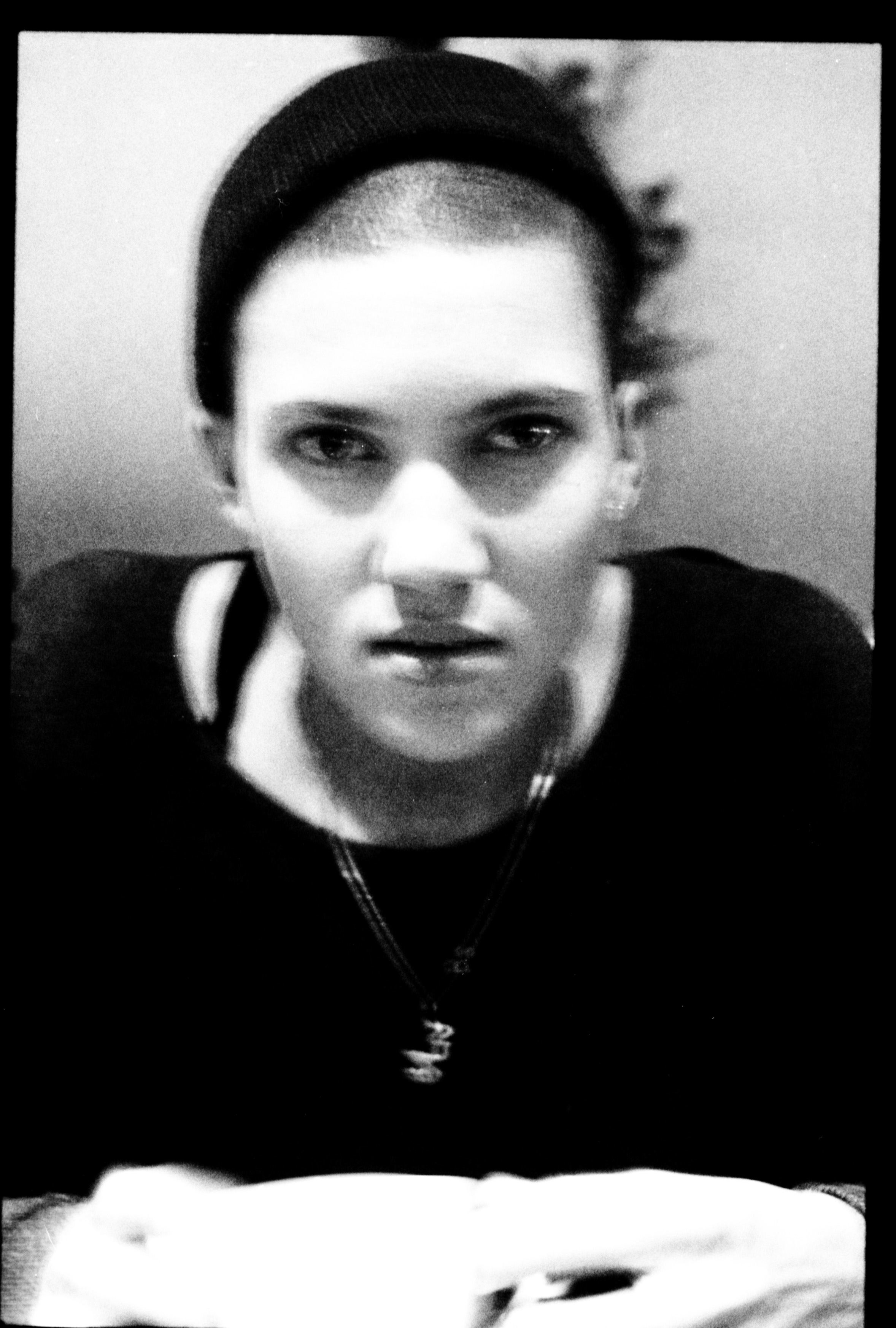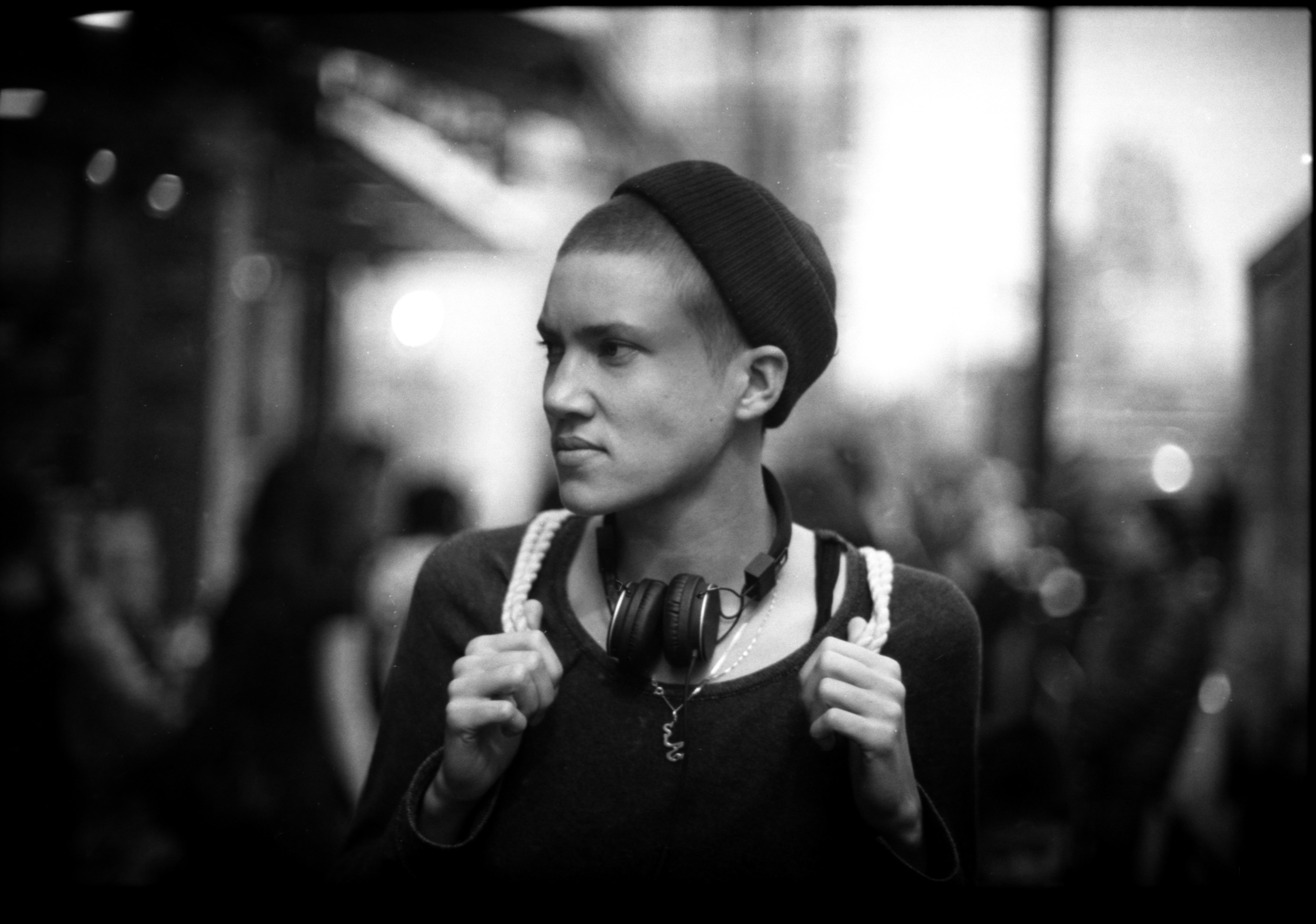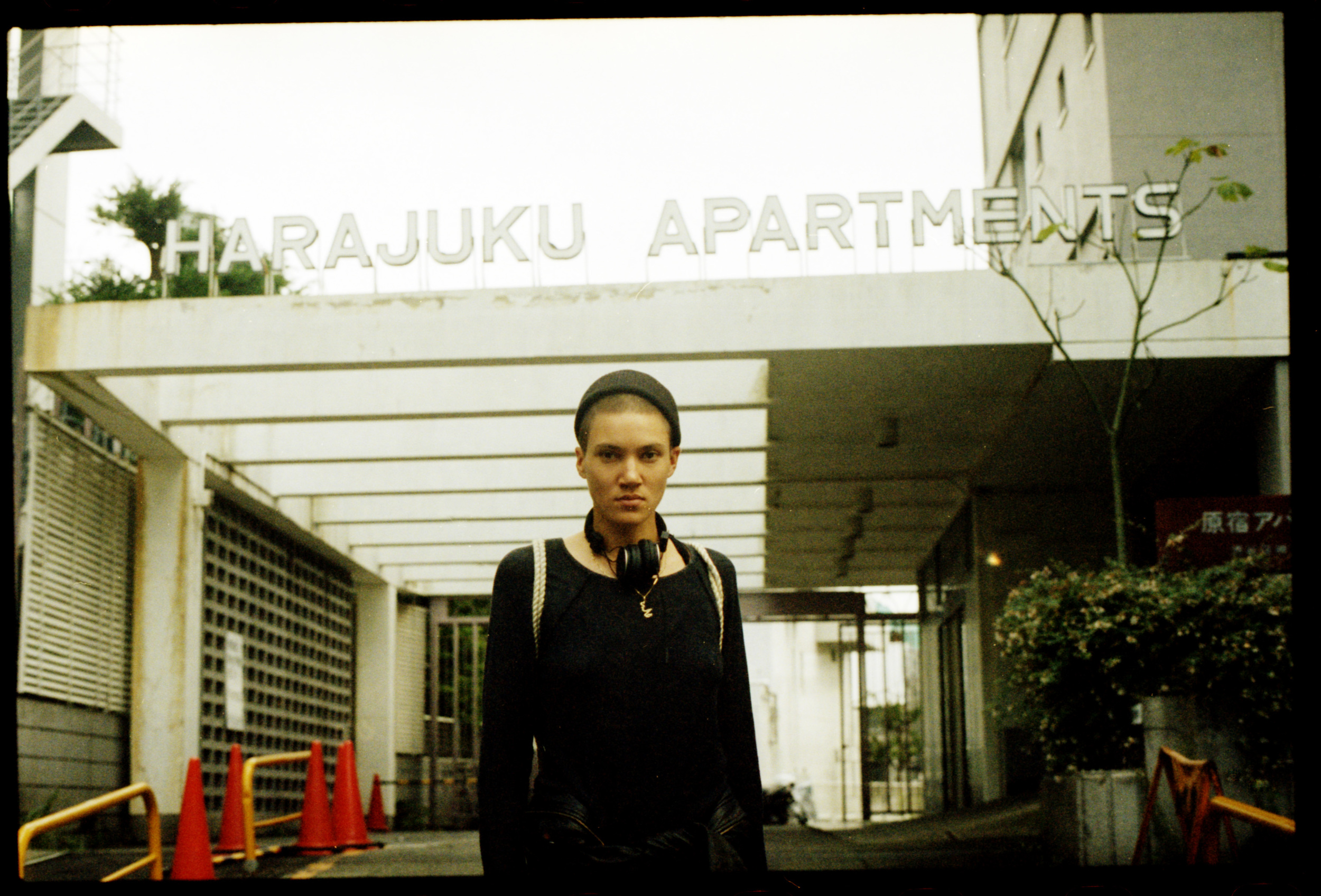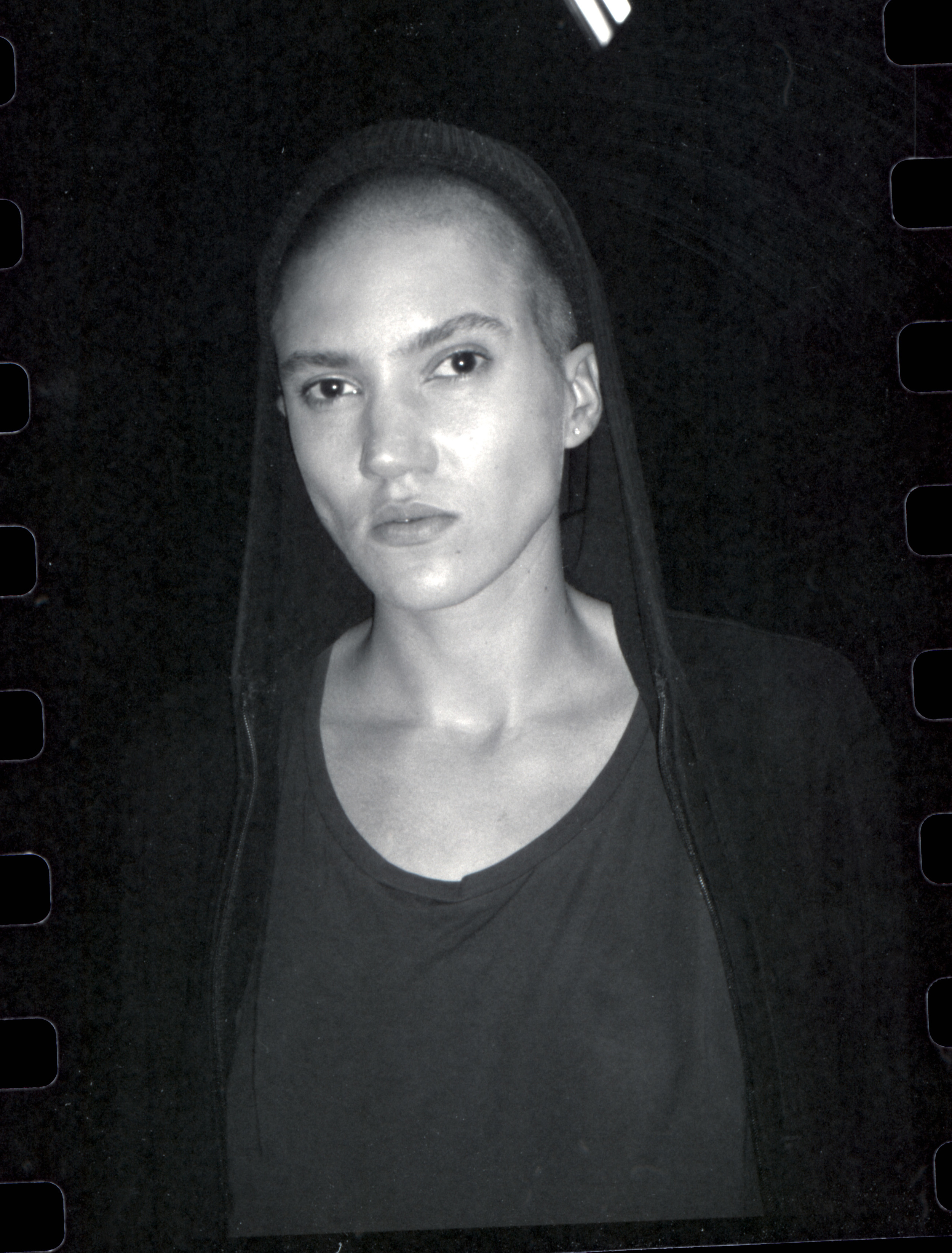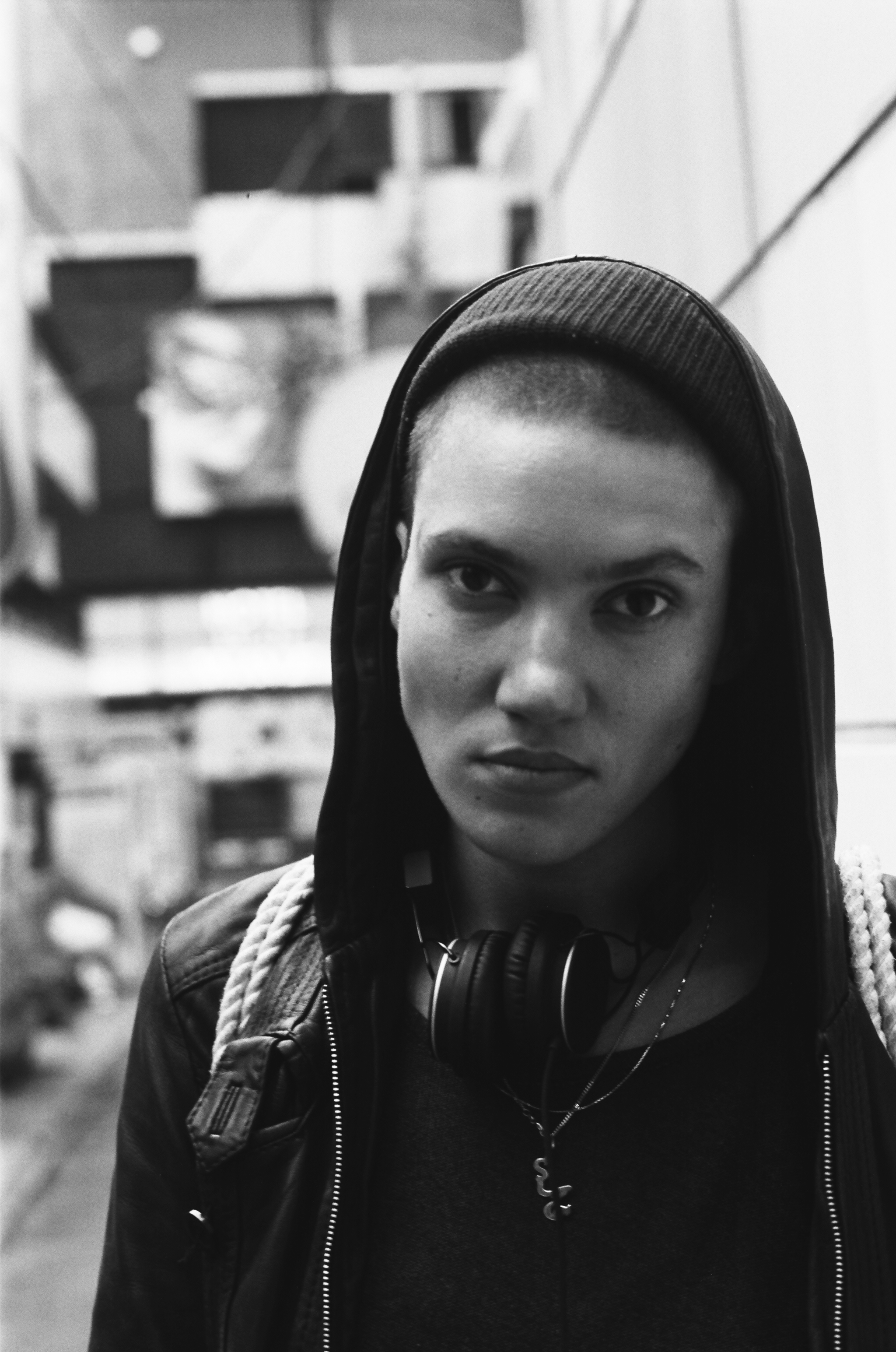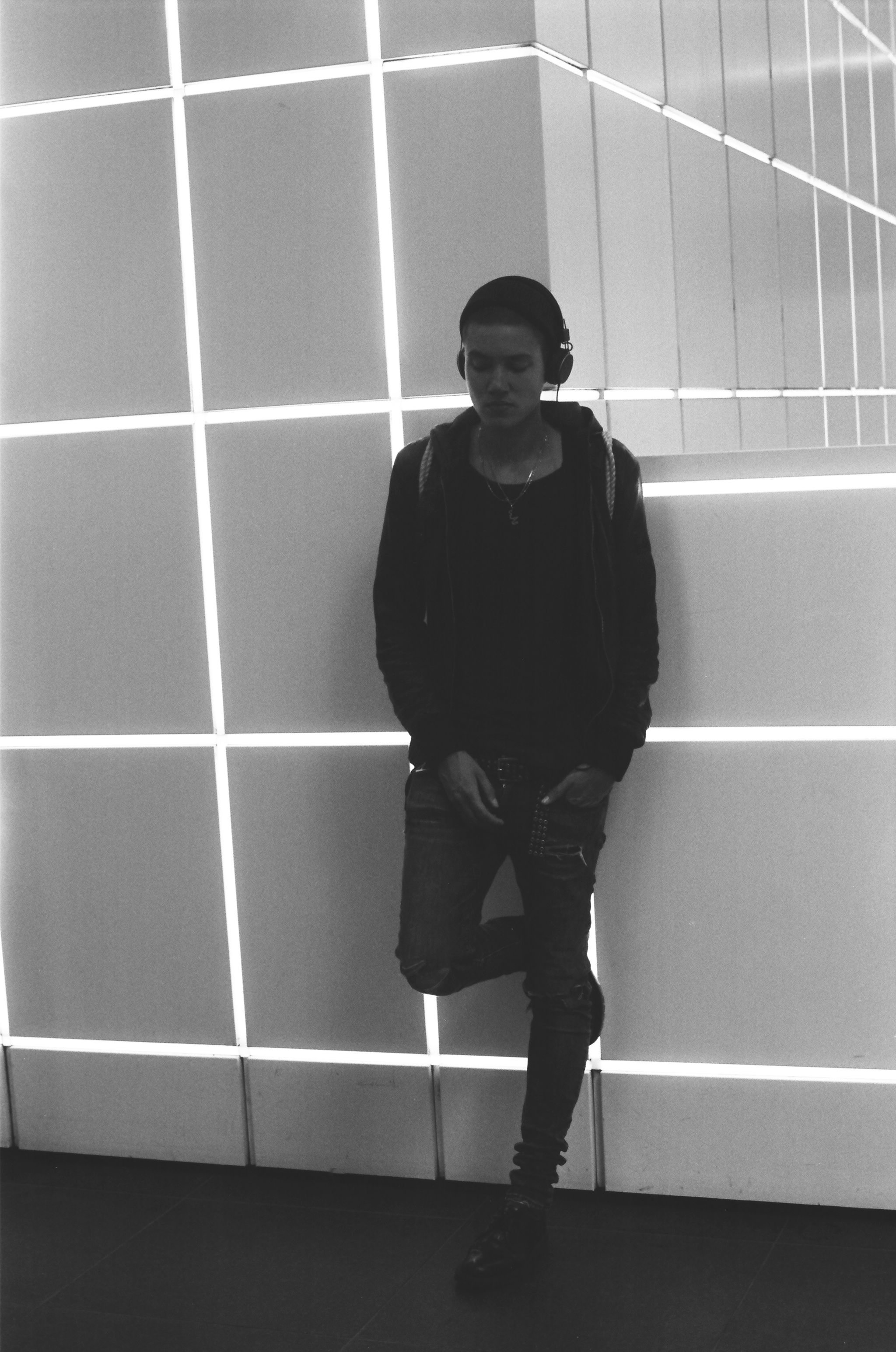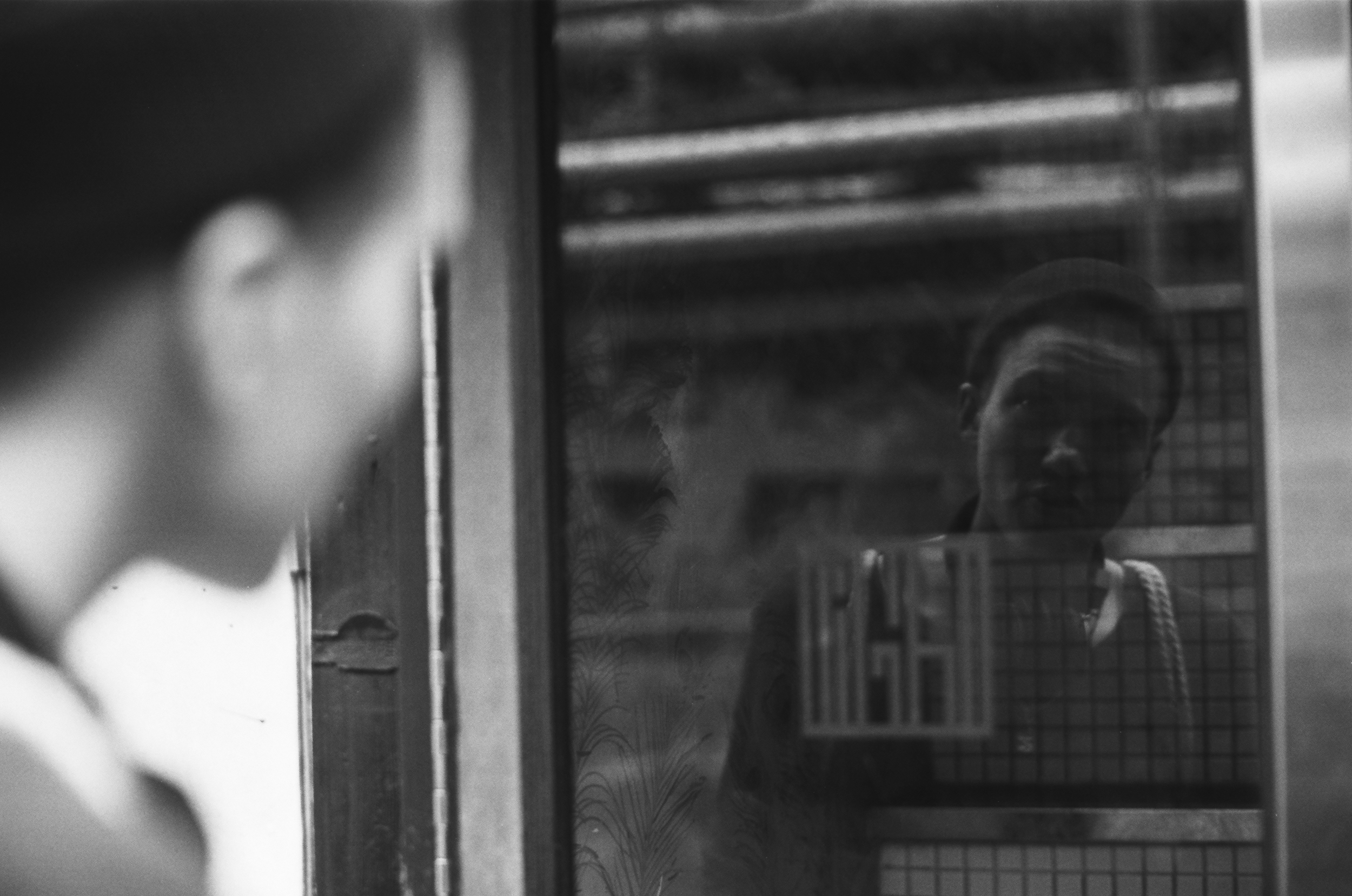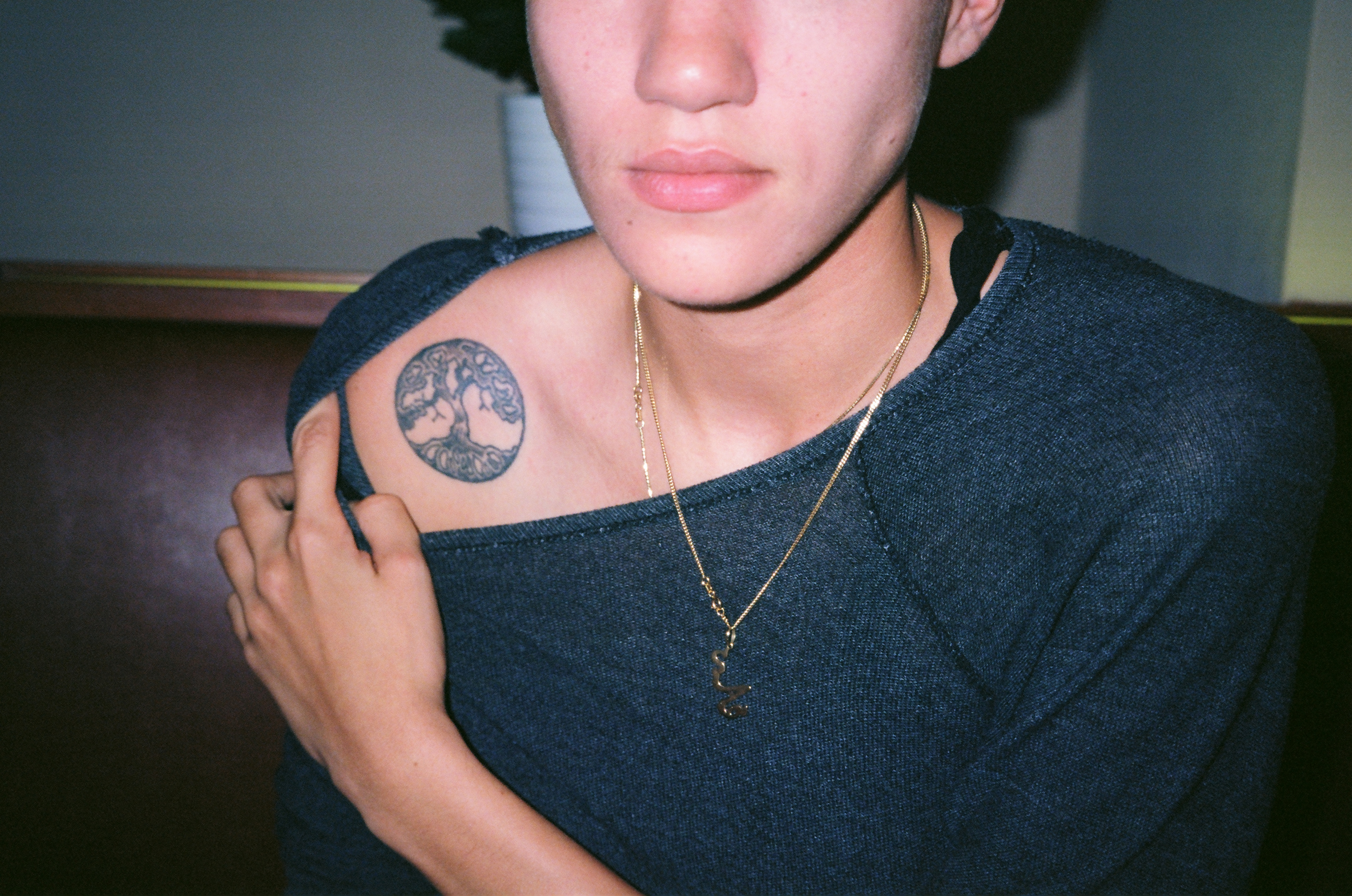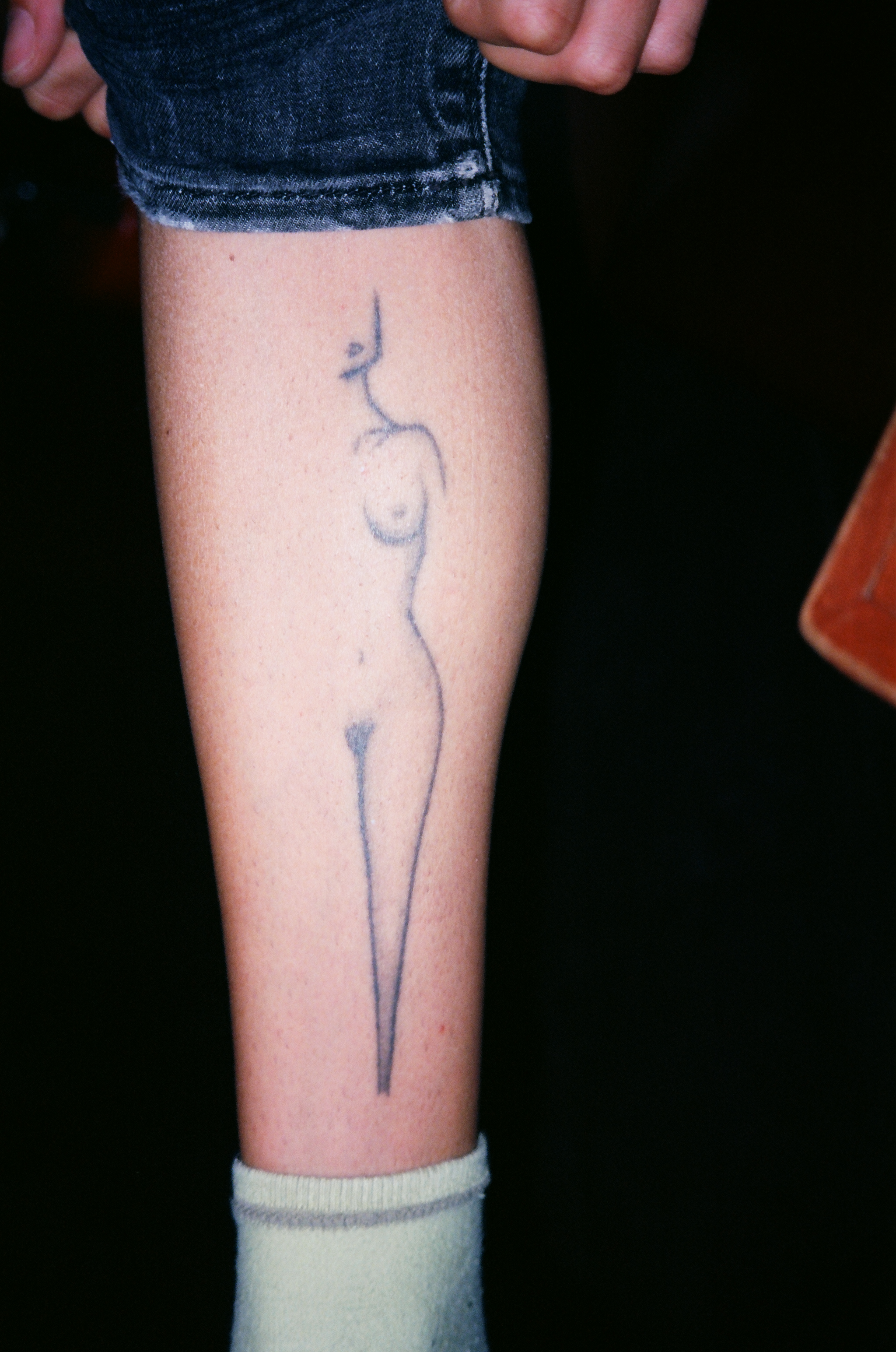Published: Interview with Lu Nagata
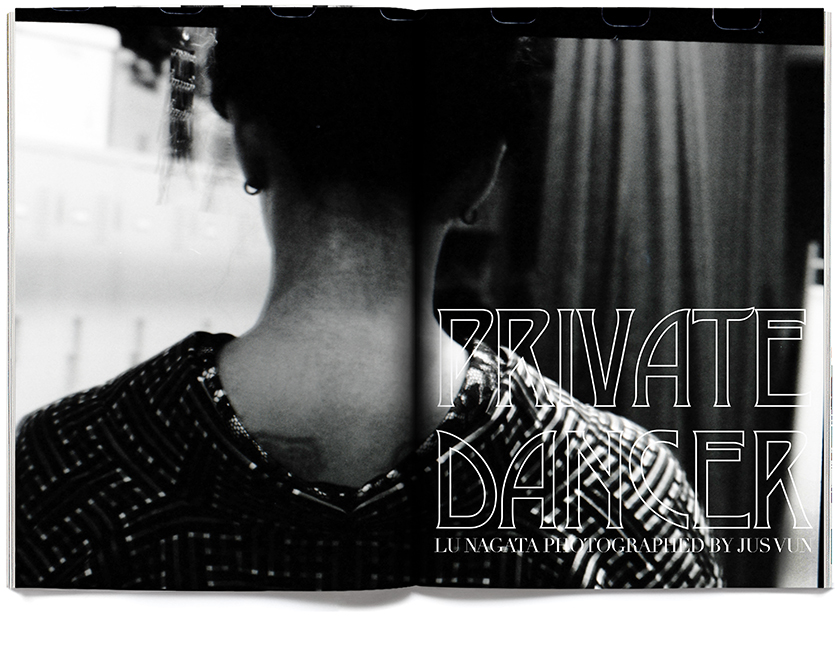
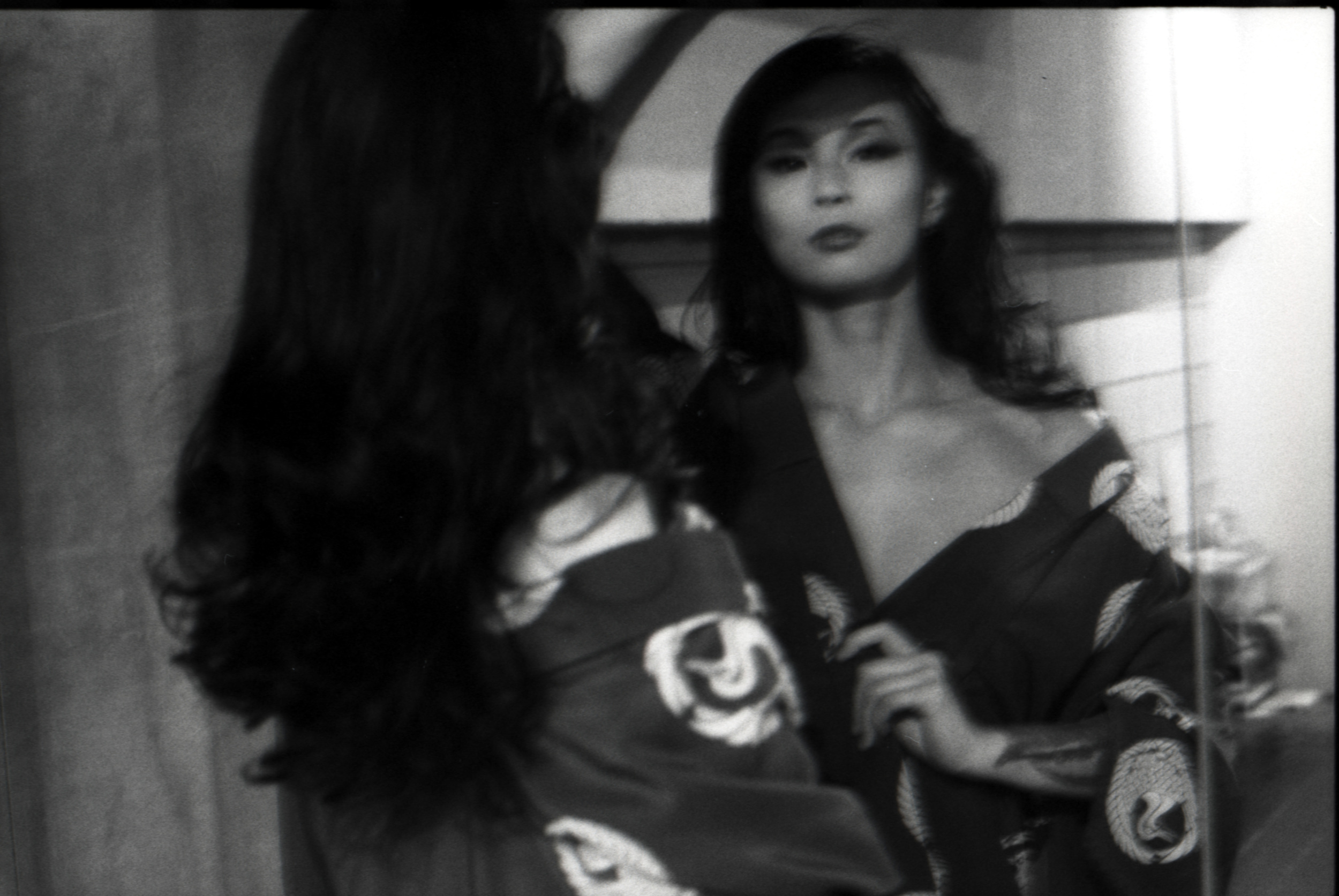
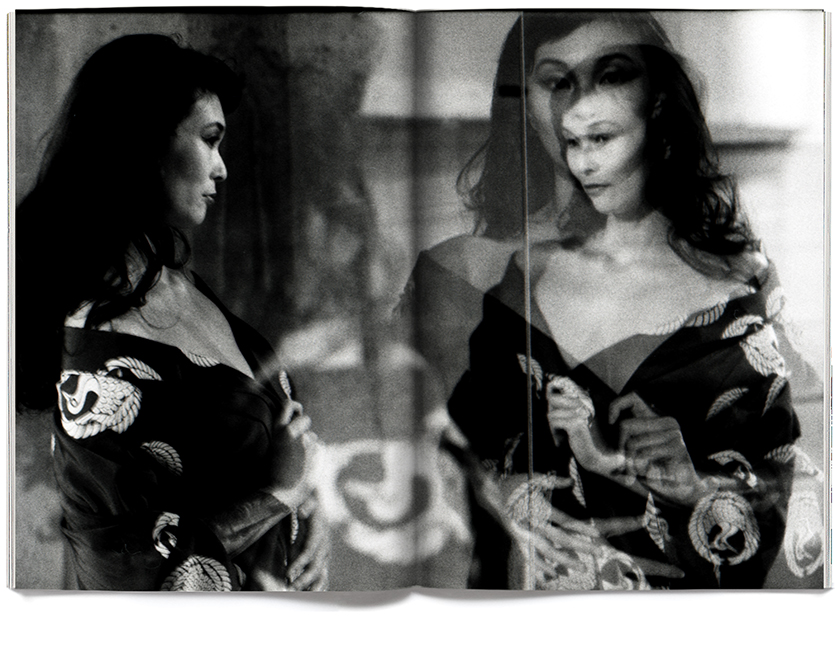
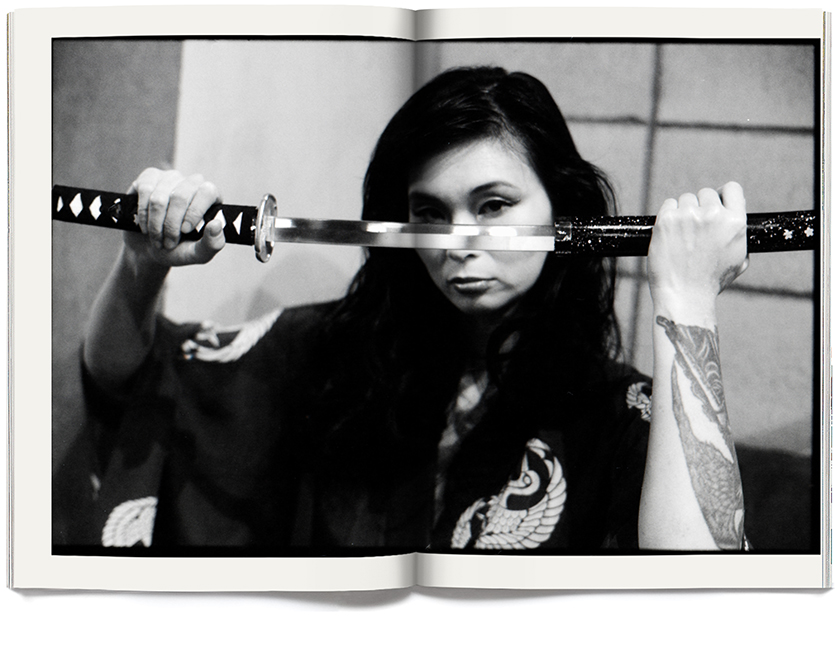
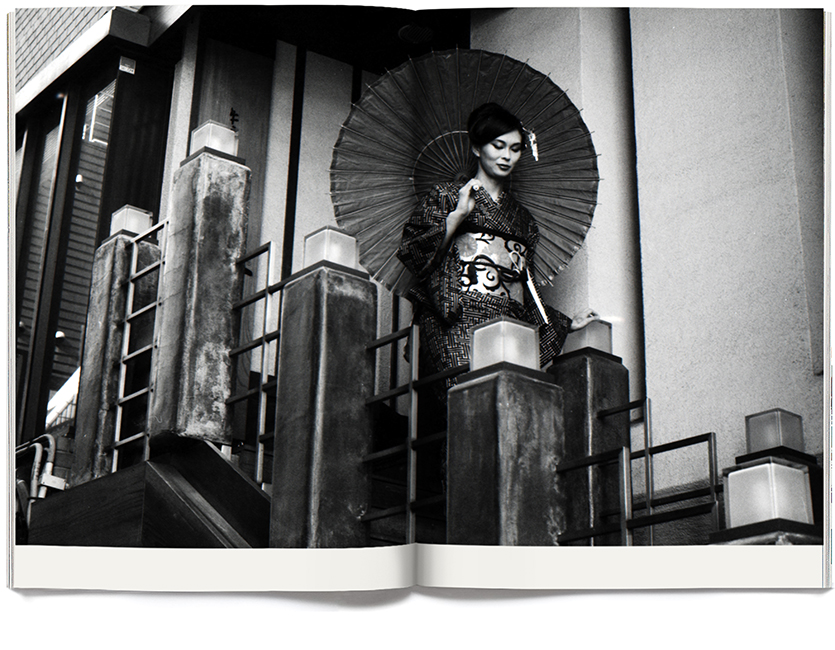
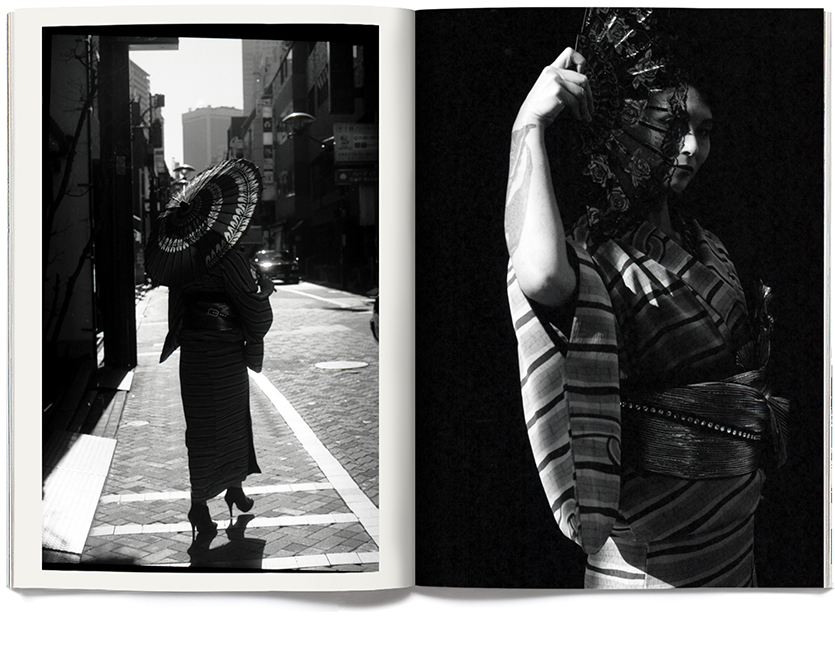
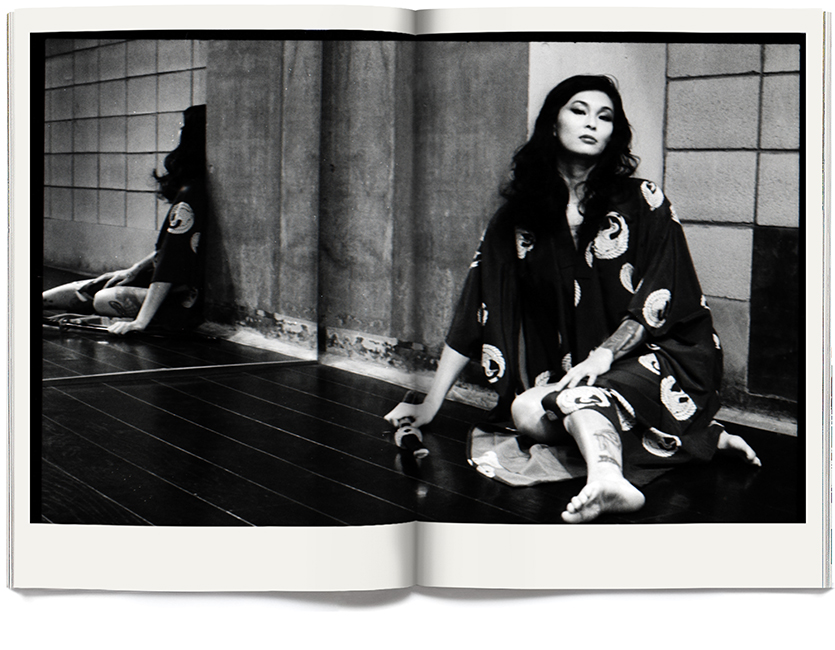
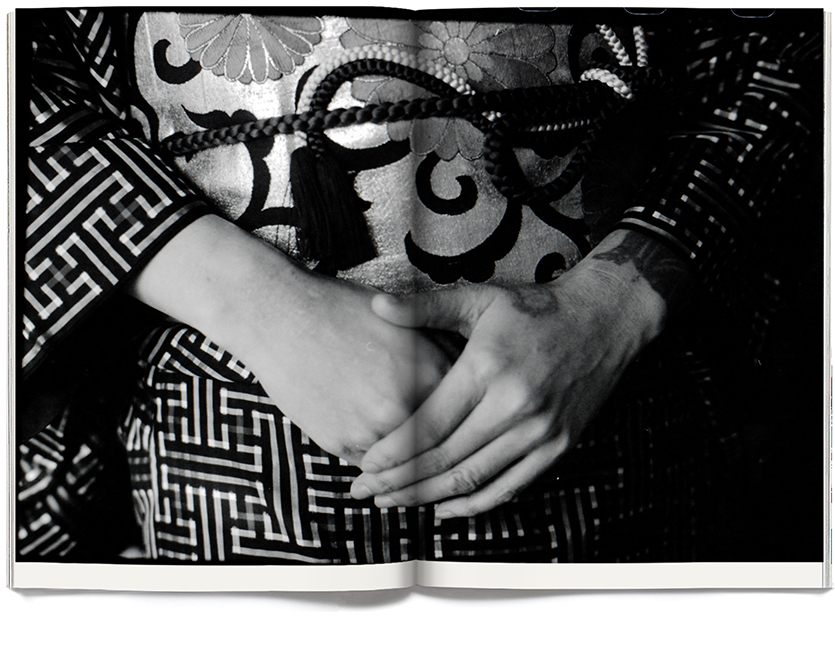
PRIVATE DANCER
Photo and interview by Jus Vun / www.jusvun.com
Translated by: Miki Moroe
MUA & Hair: Junko Arai
Stylist: Yumi Shimazu
Jus: Please tell us about Lu Nagata's childhood. Was it difficult growing up and fitting in?
Lu: I had a hard time growing up. I grew up in a close-minded country where people made those who are different or chose a different path the target of bullying. I was a very tall girl. People said my narrow eyes and cheekbones, which are very Asian, were unattractive. I was bullied for several years. It was tough.
Jus: Before you established Pole Dance Tokyo, the first and largest pole dancing school in Japan, what were you doing?
Lu: I performed in a show as a performer, a dancer, and an entertainer before I established this studio.
Jus: How has ariel artistry changed over the years? Do you still think people have a stigma attached to the term pole dancing?
Lu: Due to Cirque du soleil, the ariel artistry has become more well known in the world. In regards to pole dance; in Japan we don’t have the cultural association of pole dance with strip clubs. Because of this, Japanese people accept it as art, fitness or a new type of dance more readily than other countries.
Jus: Now you are a mentor to many, including world champion dancers and Cirque du Soleil performers. In recent years, due to lingering injuries you haven't been able to perform as much as you like. Has being a mentor to many and seeing their successes helped you cope with not being able to perform in front of an audience?
Lu: I have talented friends. I am always happy to support them and help their talents bloom. Injuries are part of being a dancer. While I cannot dance because of lingering injuries, I think, it is very important to prepare for dancing again by recovering mentally and physically, keeping myself in good condition, and always improving and learning as much as I can.
Jus: You have a Masters degree at the prestigious Royal Academy of Dramatic Arts (RADA) in London in which out of over 4000 applicants only 15 or so get accepted every year. Could you tell us how that came about without having any previous theatrical performing experience? What was the biggest thing you took away from this experience?
Lu: I was very glad that I could be admitted to RADA. It’s a little bit different for someone who has no experience on stage to enter RADA. I have been living as an entertainer. I have expressed myself on stage with singing and dancing. There are differences between acting and dancing but both of them come from the world of “expression”. I believe in myself, practice hard every day, feel confident of my ability to express and then do my best to make audience enjoy themselves. Based on my passion and experiences, I think I am a true professional.
Jus: Tell us about the theatrical show Genji - the other side of the story which you directed. Was that inspired by the Heian period six-volume novel, Tales of Genji about Murasaki Shikibu?
Lu: Yes, it was the show based on the Tale of the Genji by Murasaki Shikibu. I am fascinated by it after I read it during junior high school. I also read all six volumes in old Japanese as a hobby. In Heian period, it was amazing that a woman wrote a novel and released it, moreover it was the first sensual love story. Hikaru Genji was very attractive. It’s my pleasure to lead the novel to the stage.
Jus: You've toured and performed in most of the world's continents. Where do you love performing most?
Lu: Any place would be the best stage for me if my clients and customers want me to perform.
Jus: Tell us about your philanthropic work?
Lu: I donate dance lessons every year to the Pink Ribbon and the Tyler Foundation. And also I dance in the various charity events, participate in volunteer work, and teach dance lessons to collect money for volunteer foundations.
Jus: Thank you so much Lu for your inspiration and despite your success, I was impressed by how down-to-earth you are as a person. I wish you all the best in your future endeavors!


